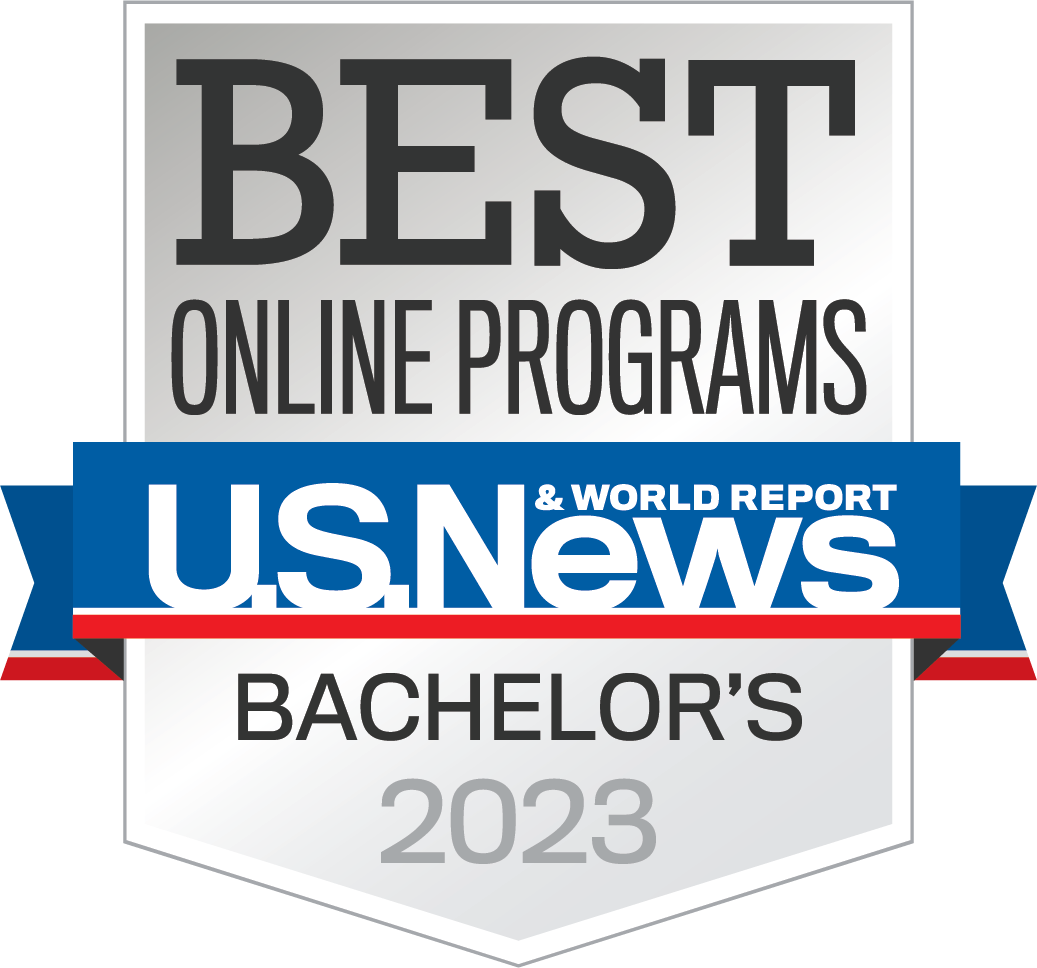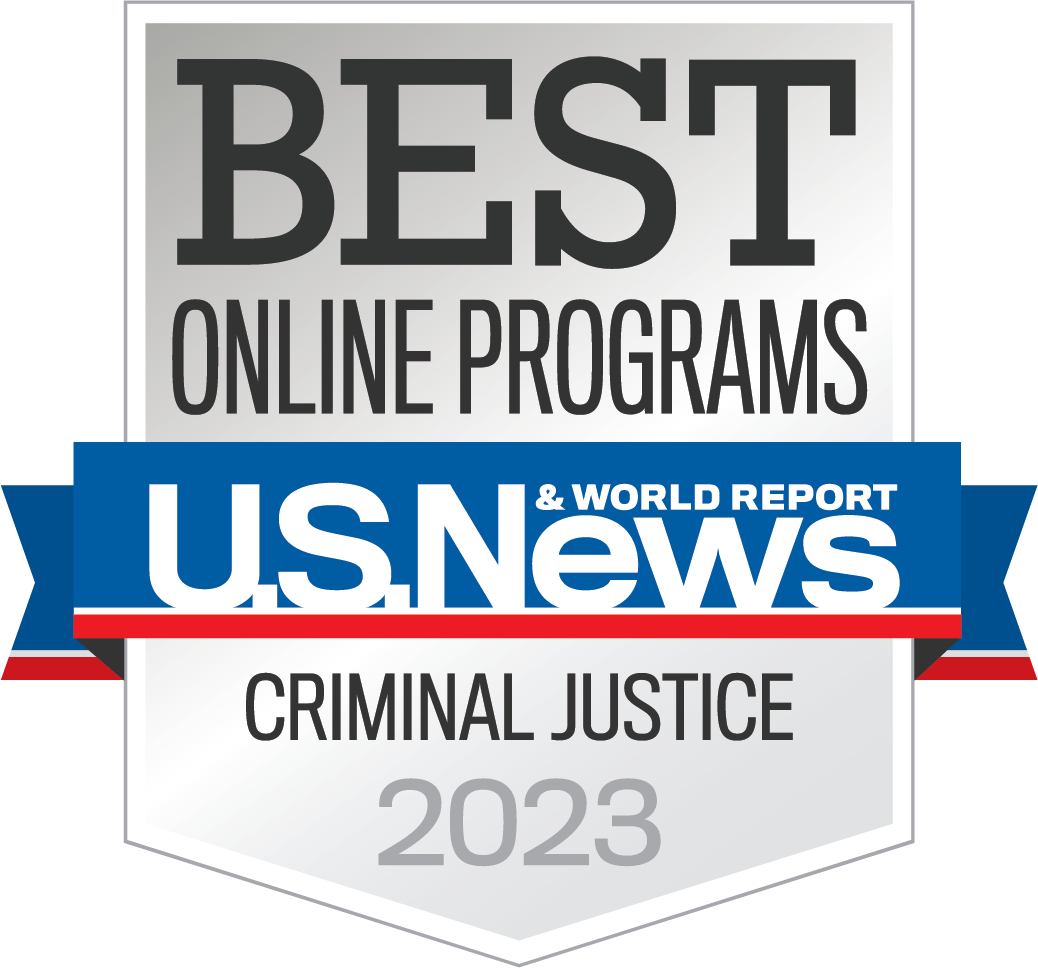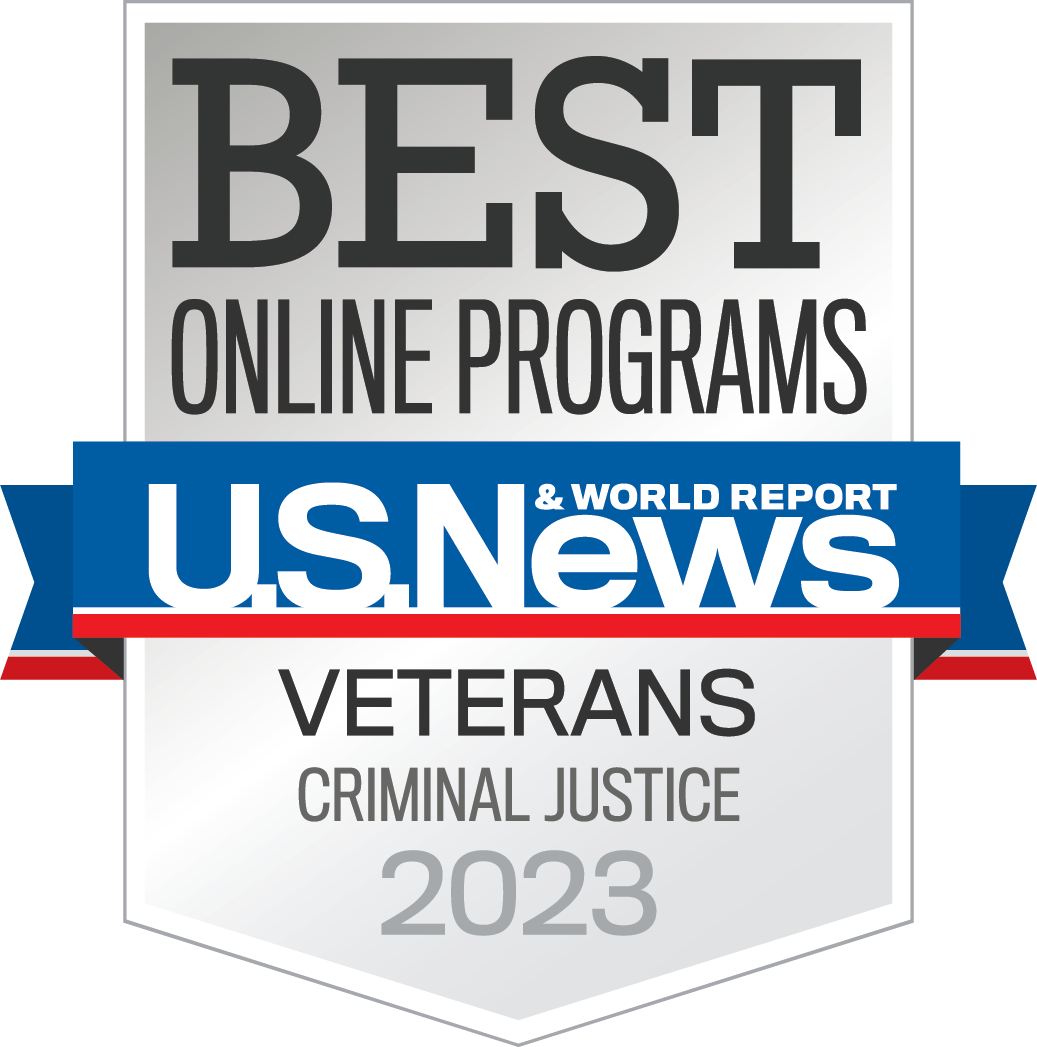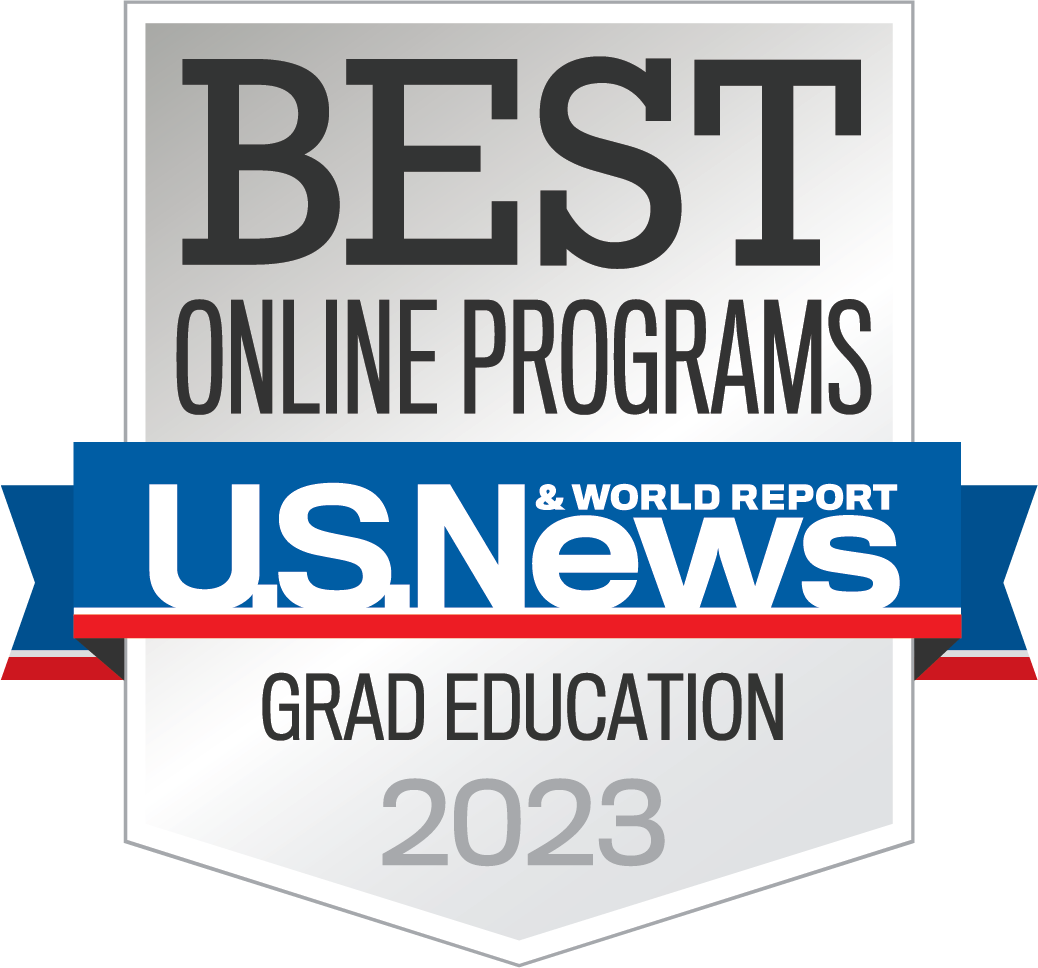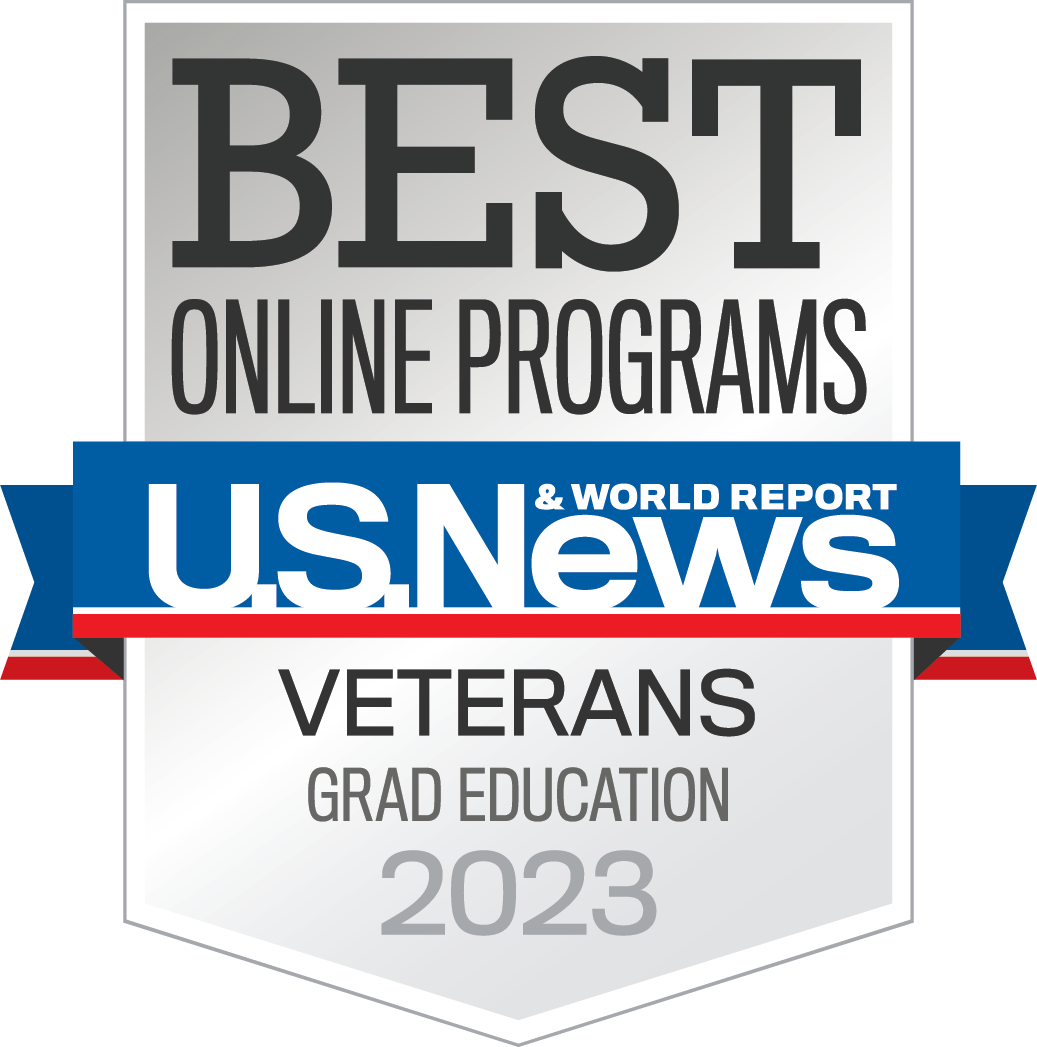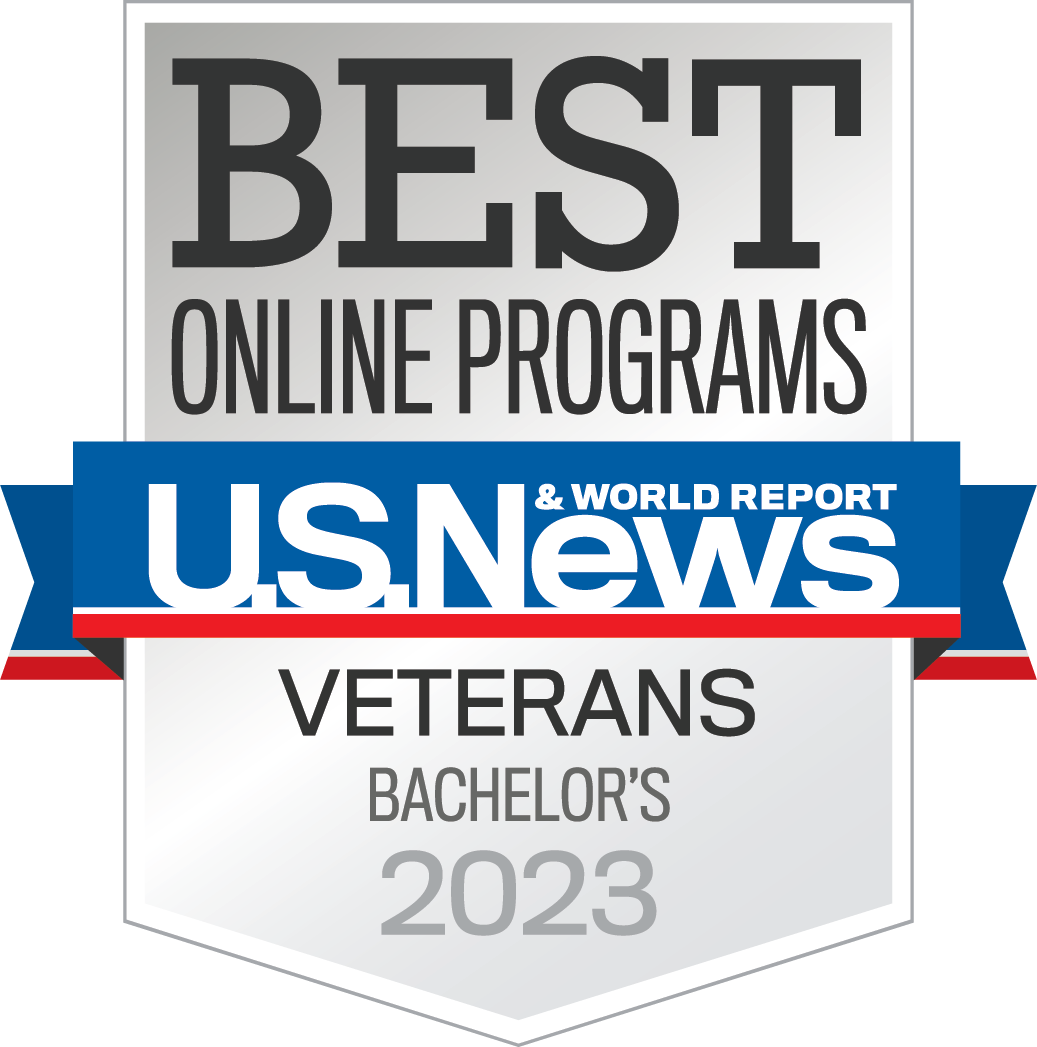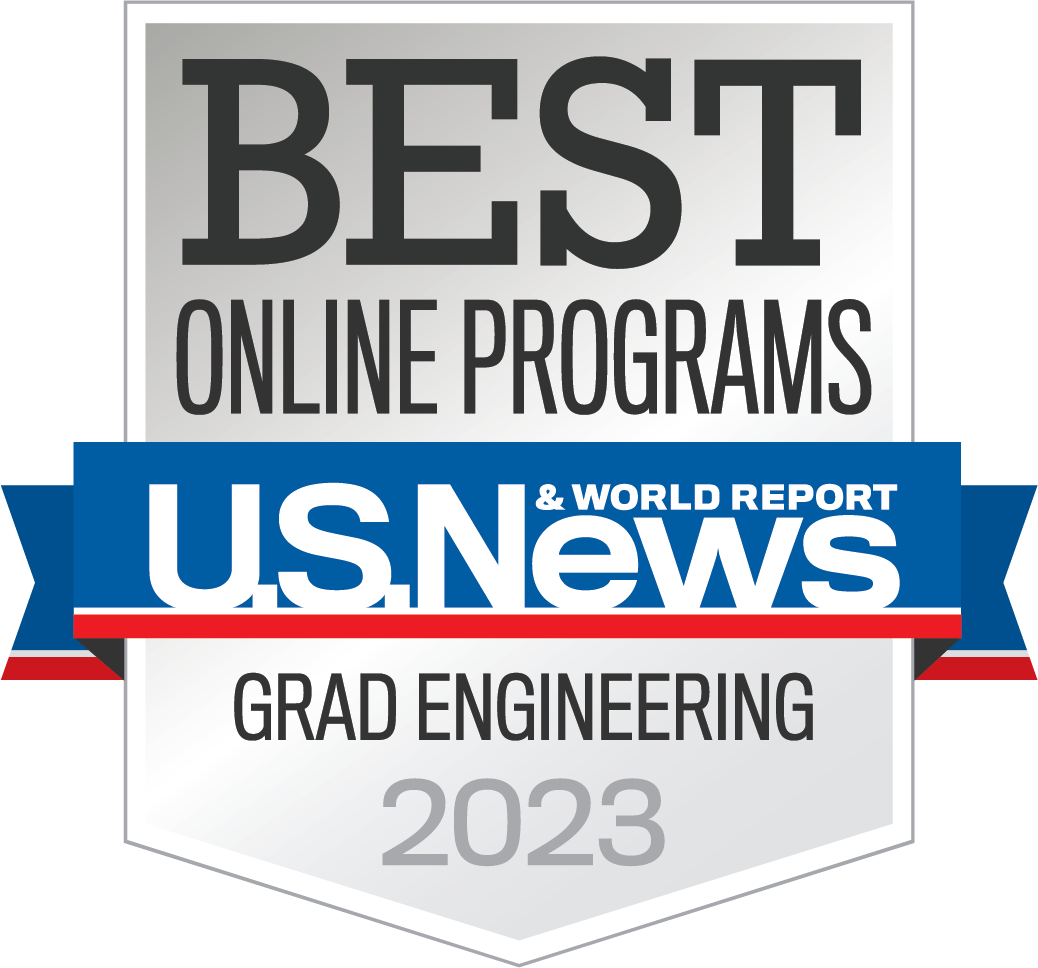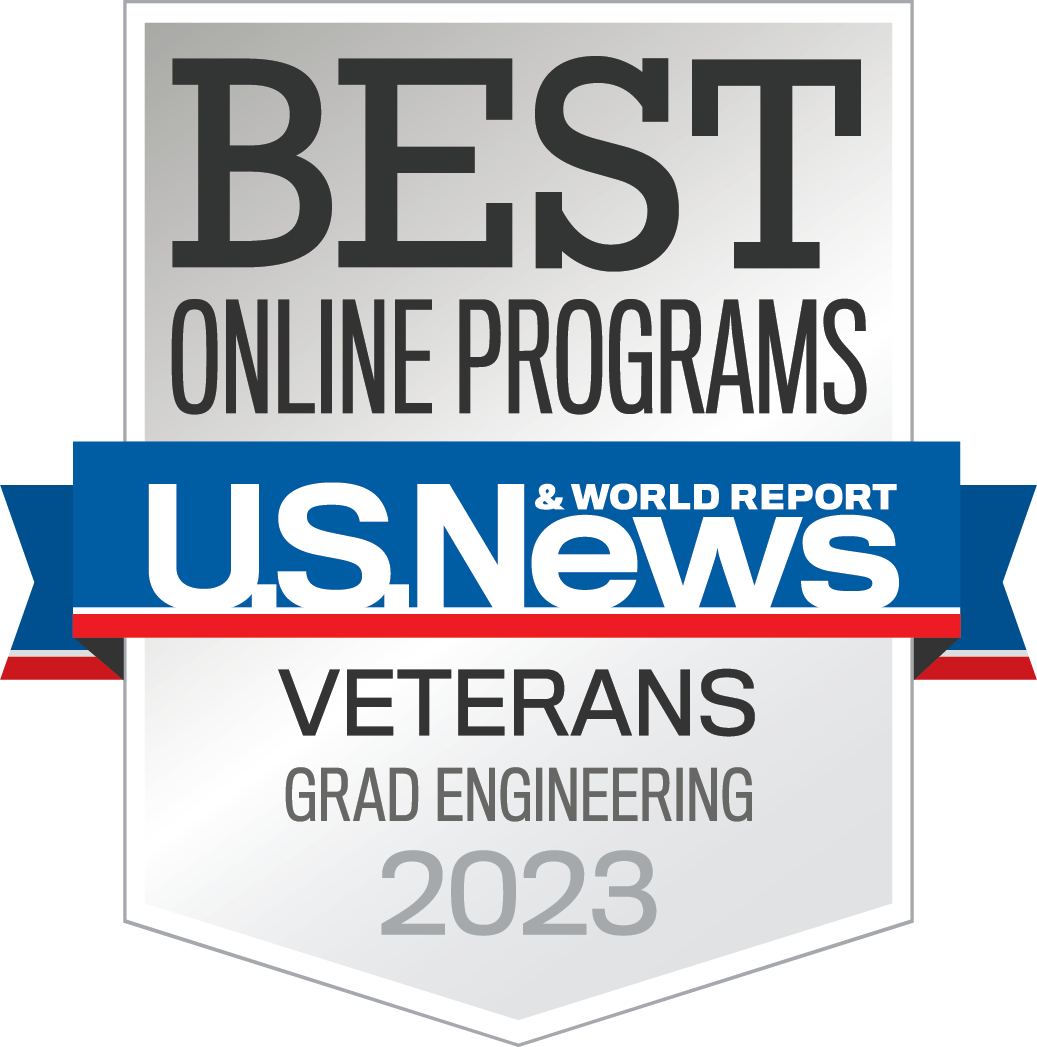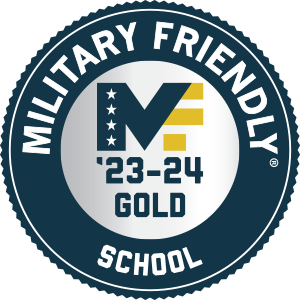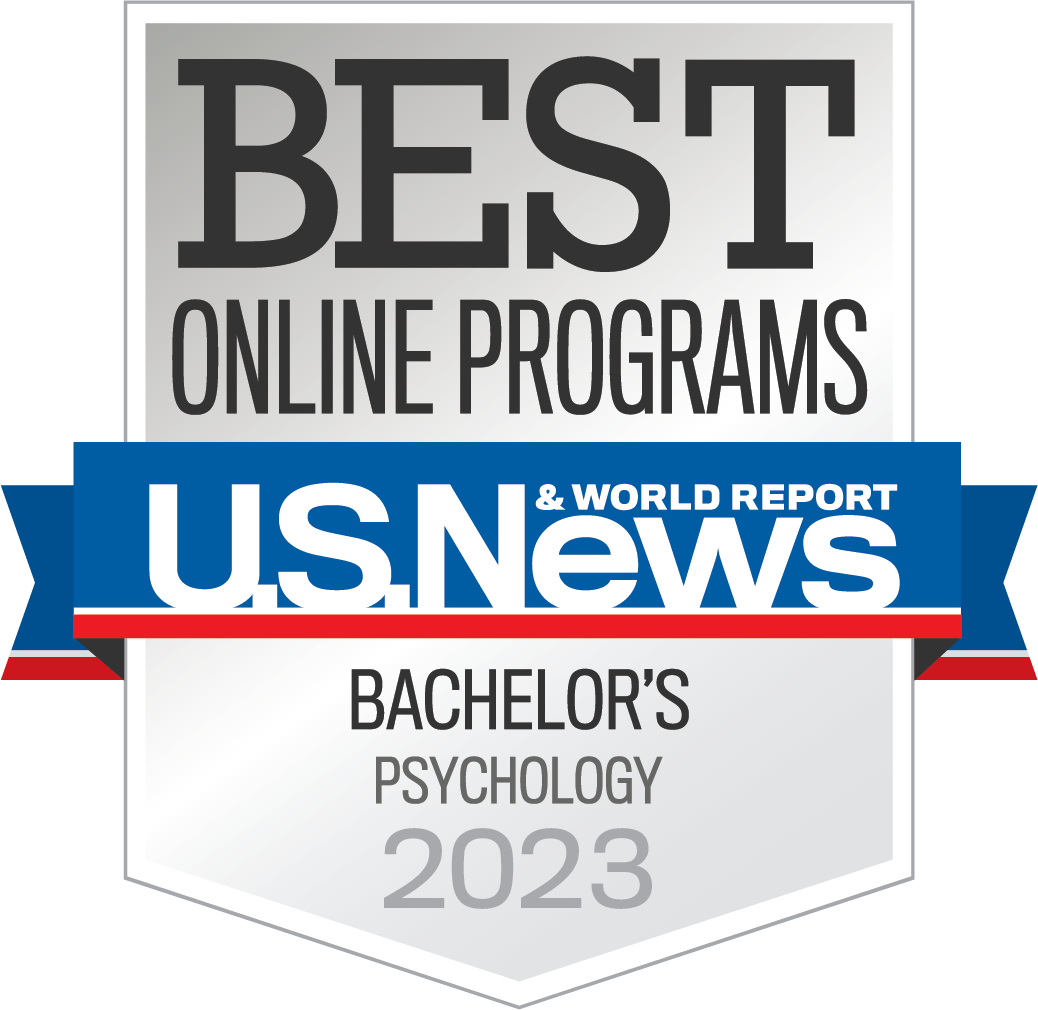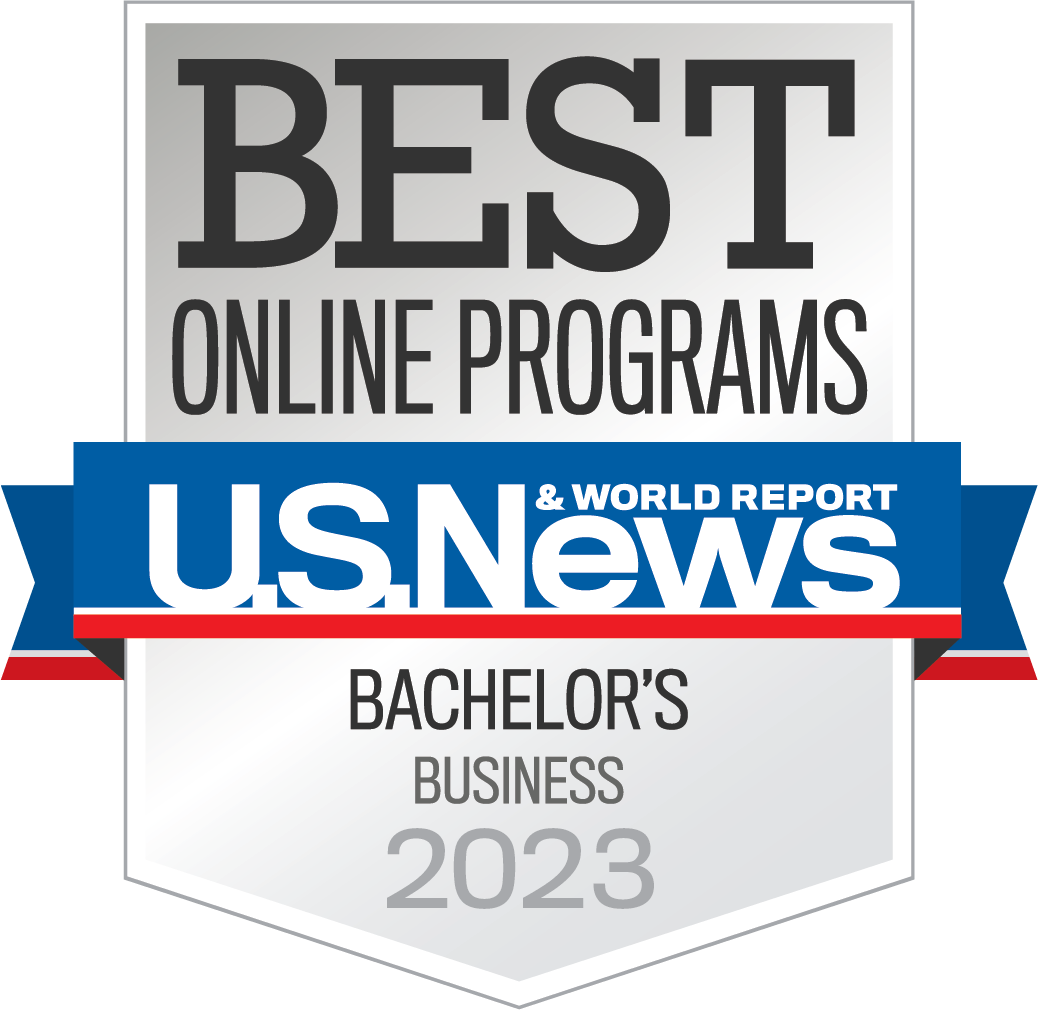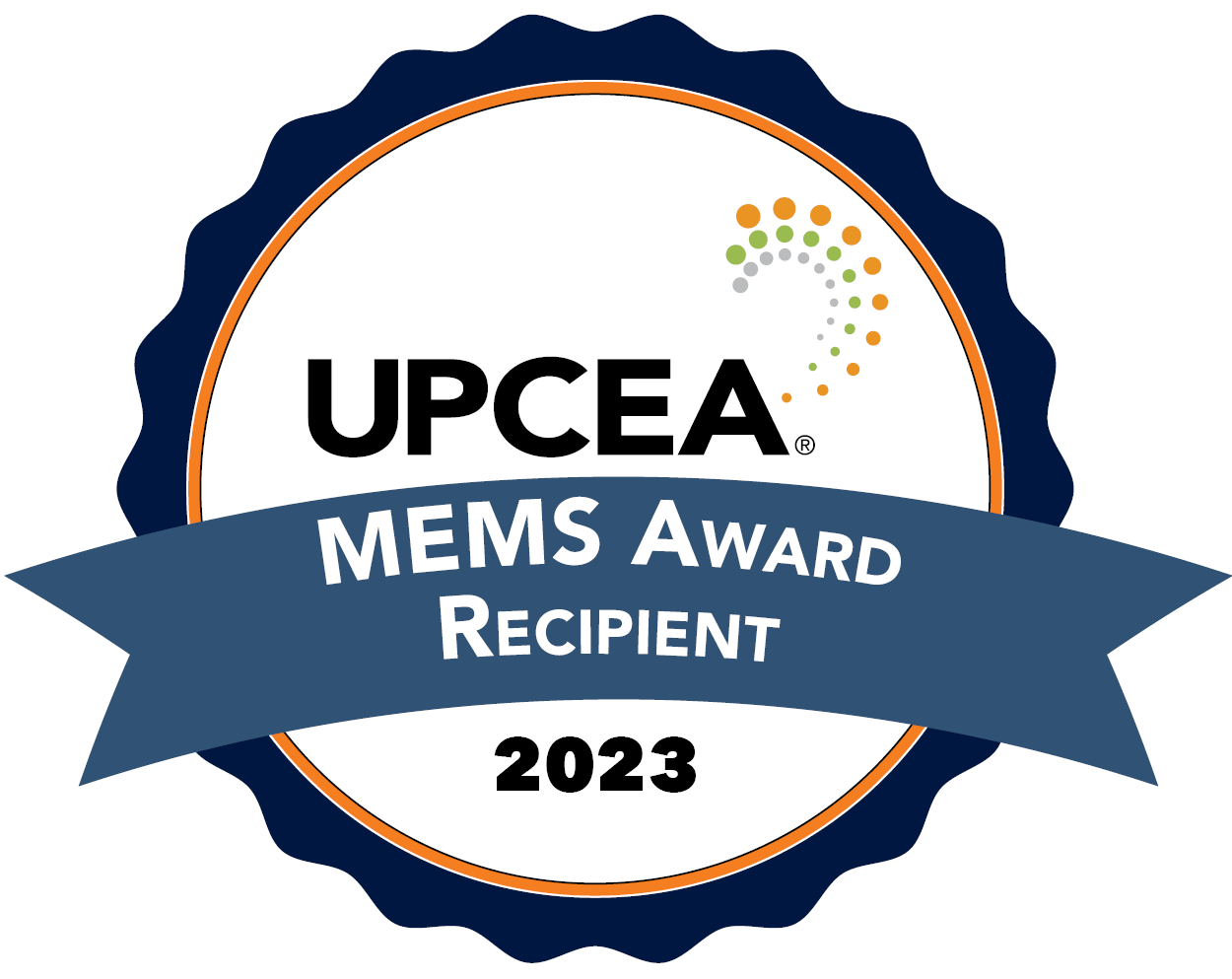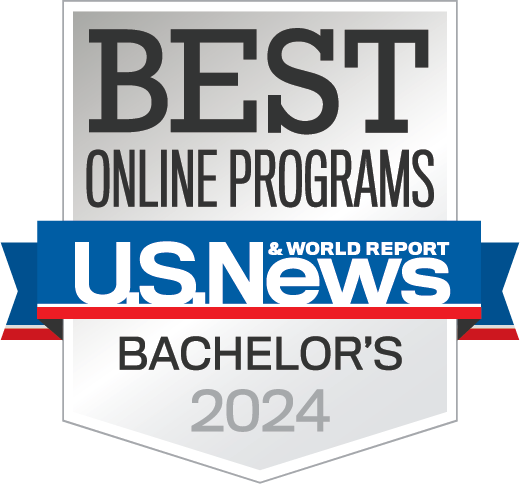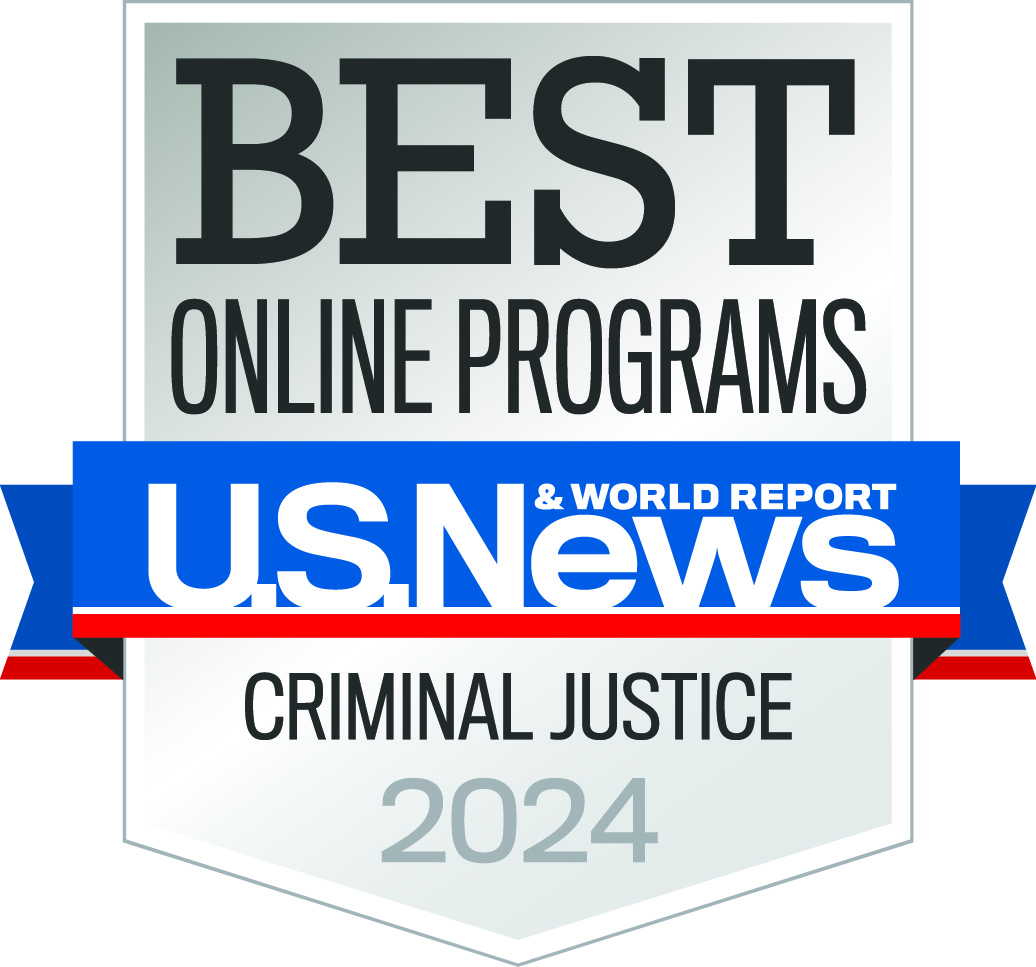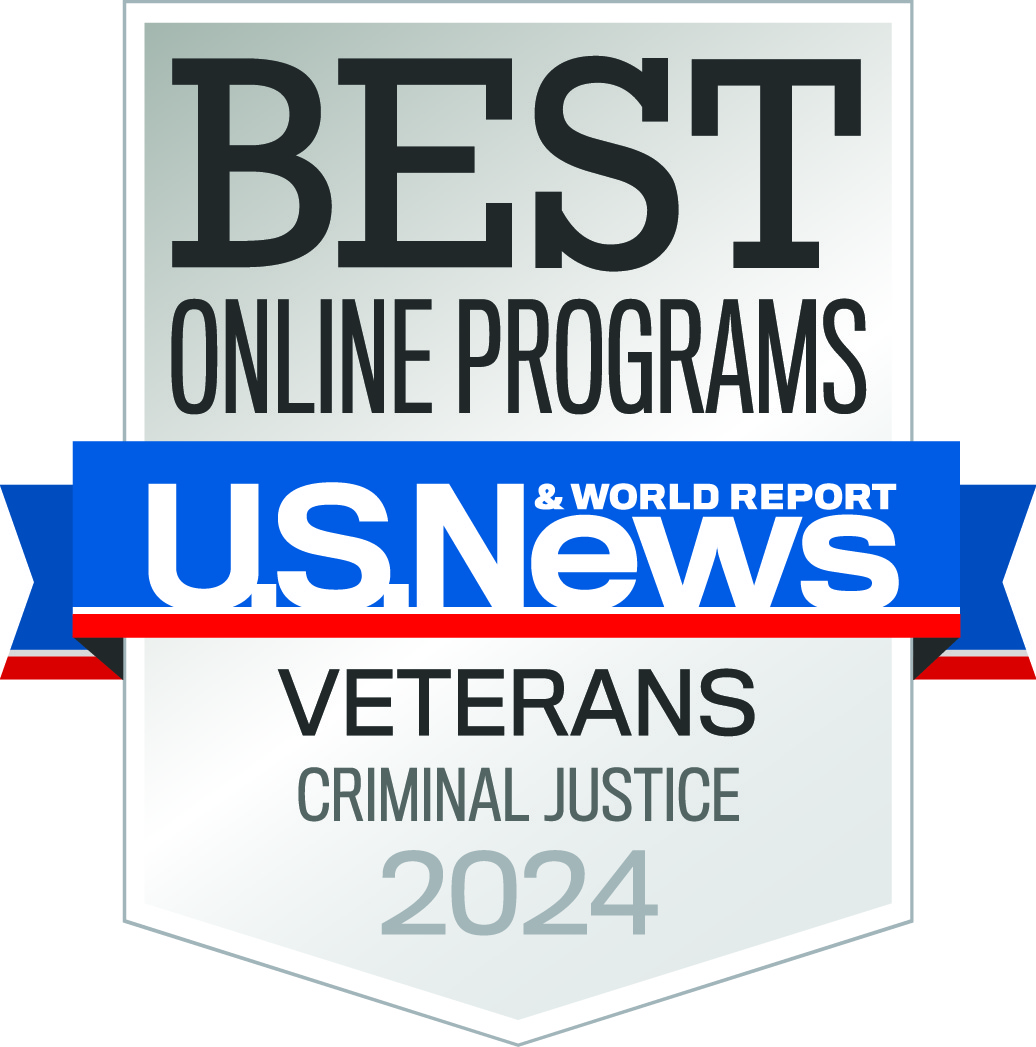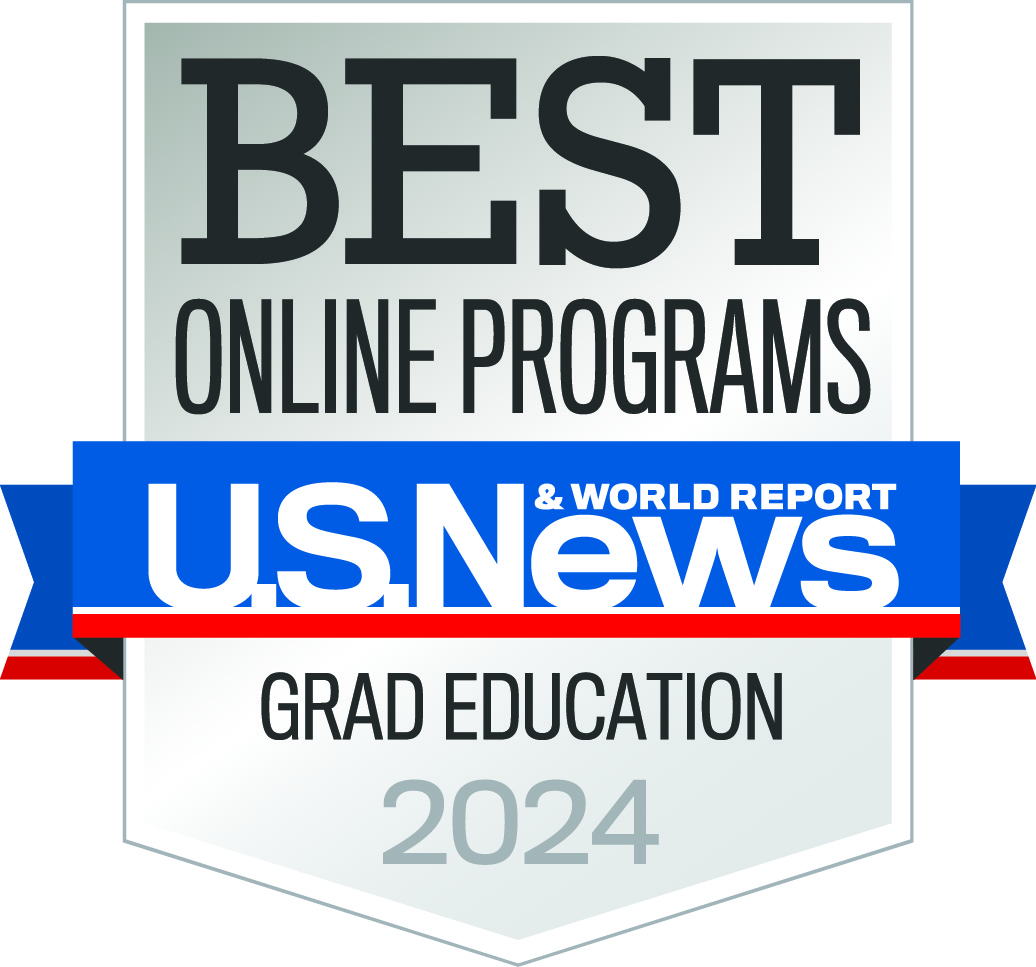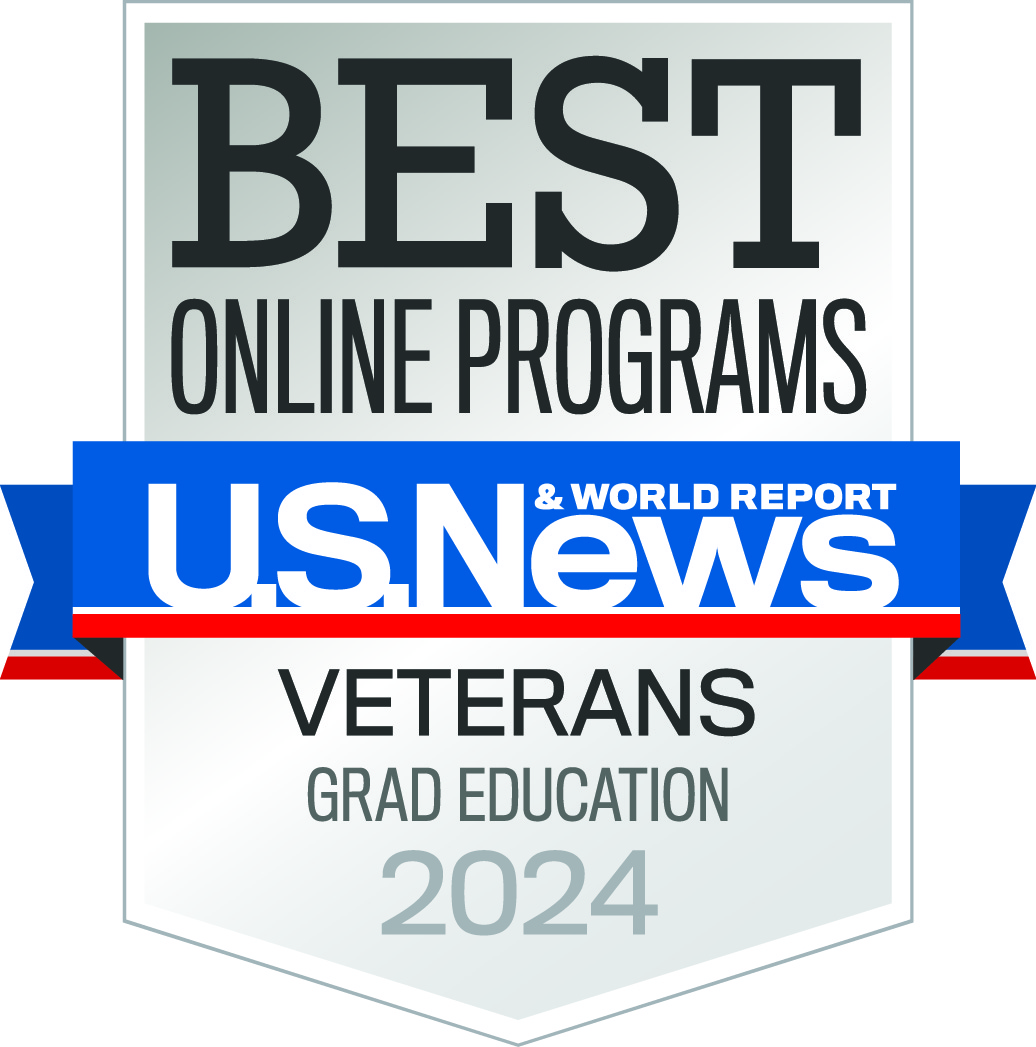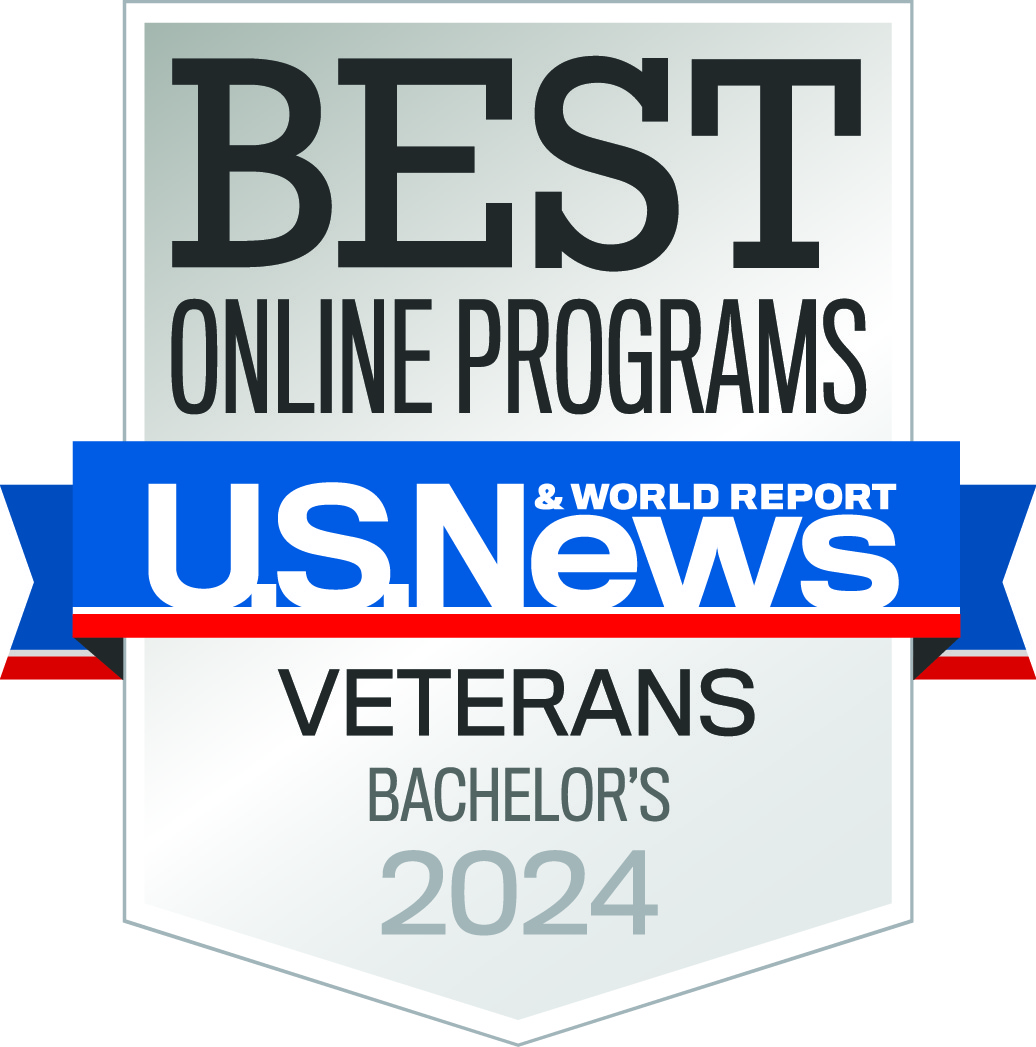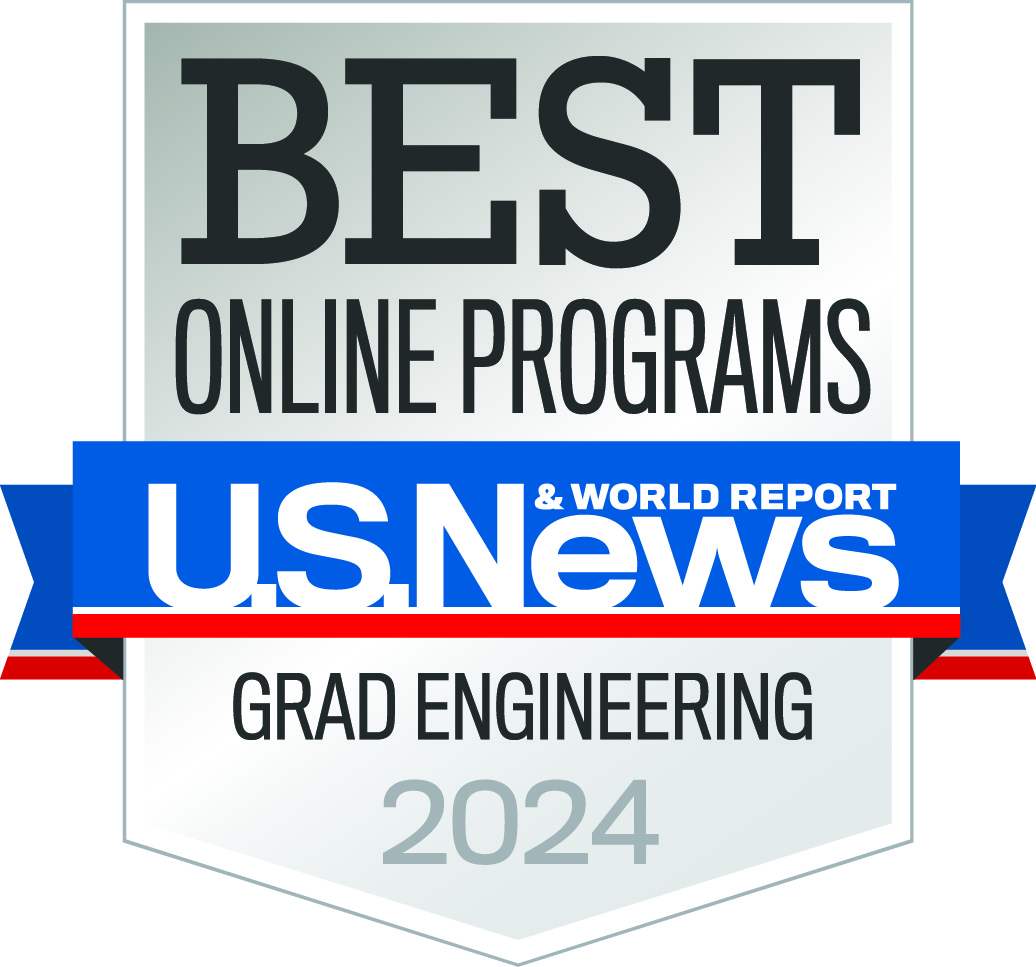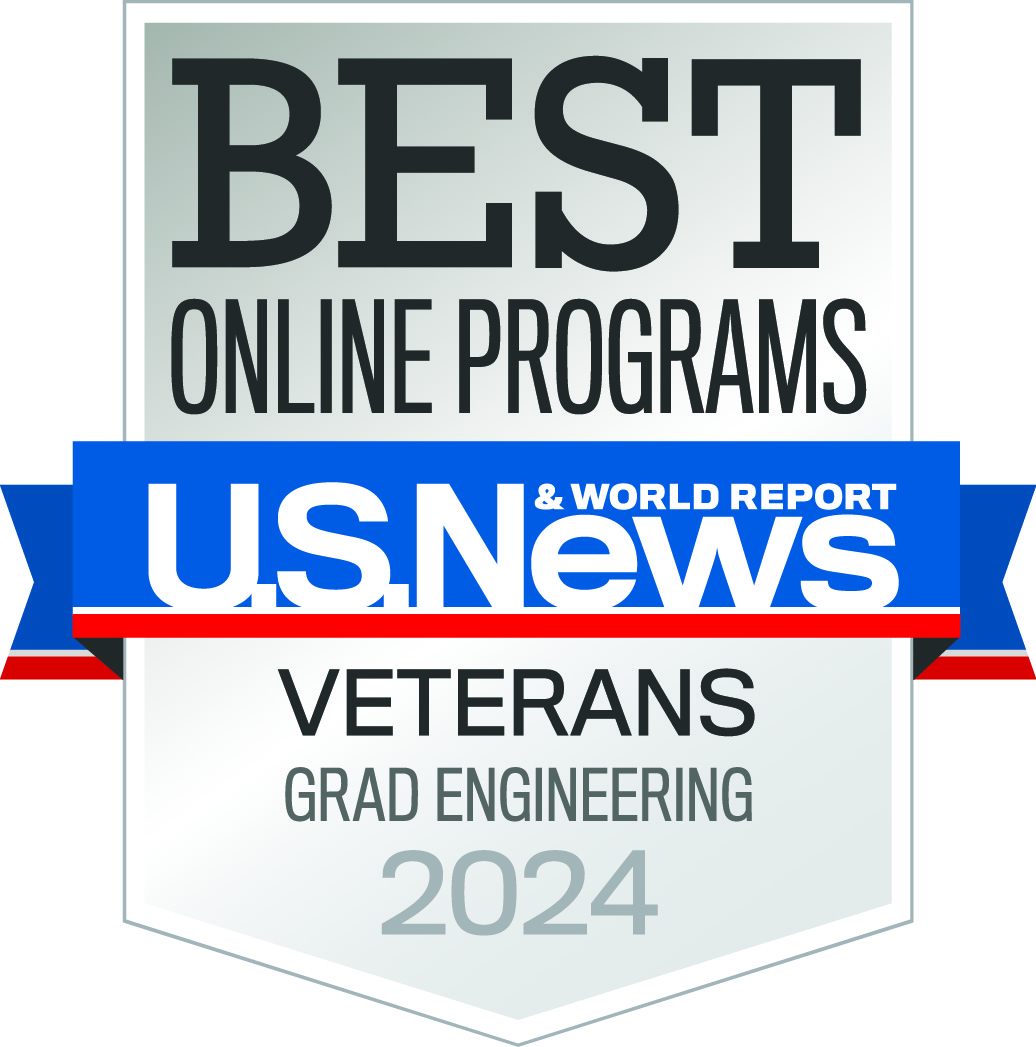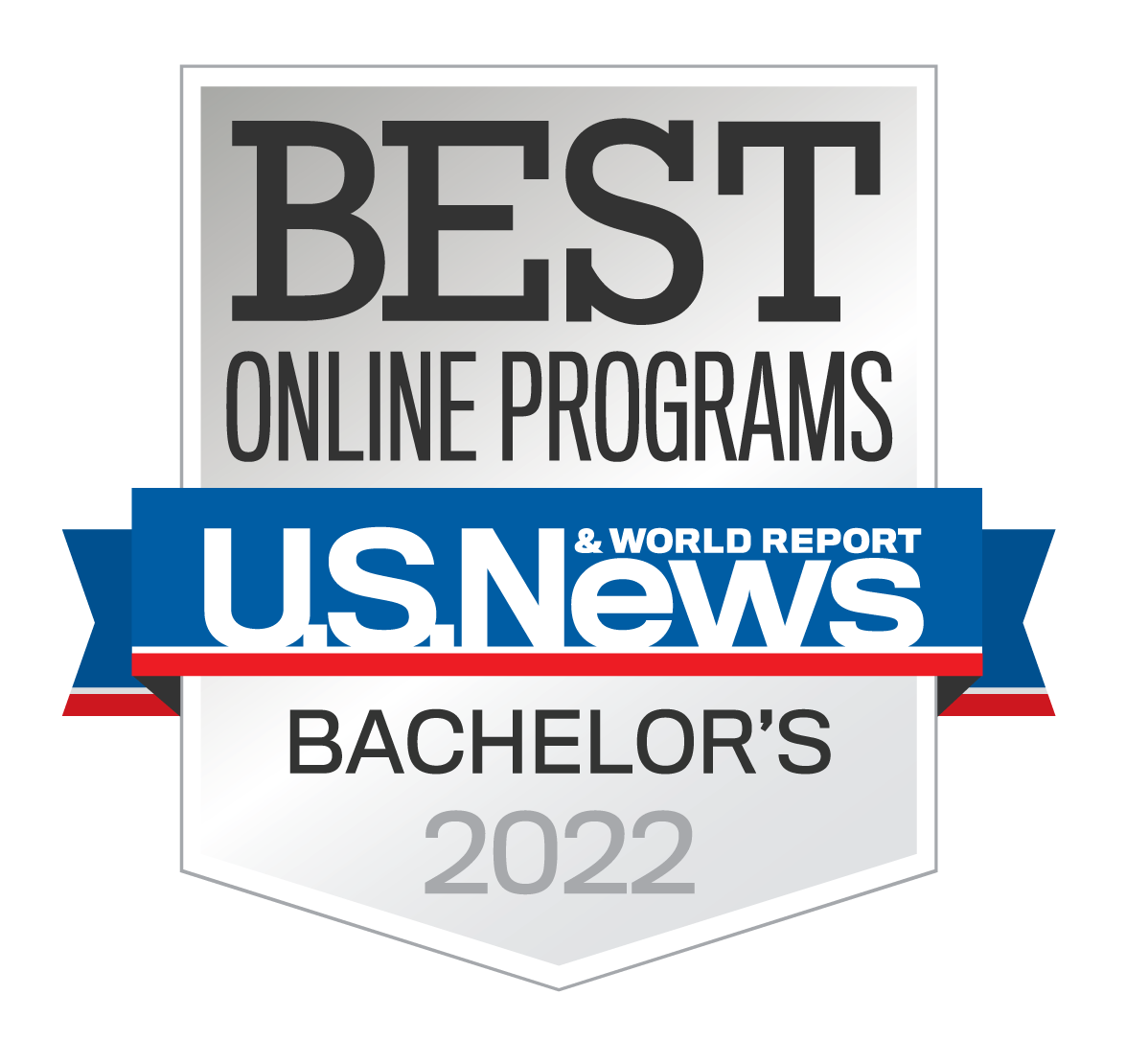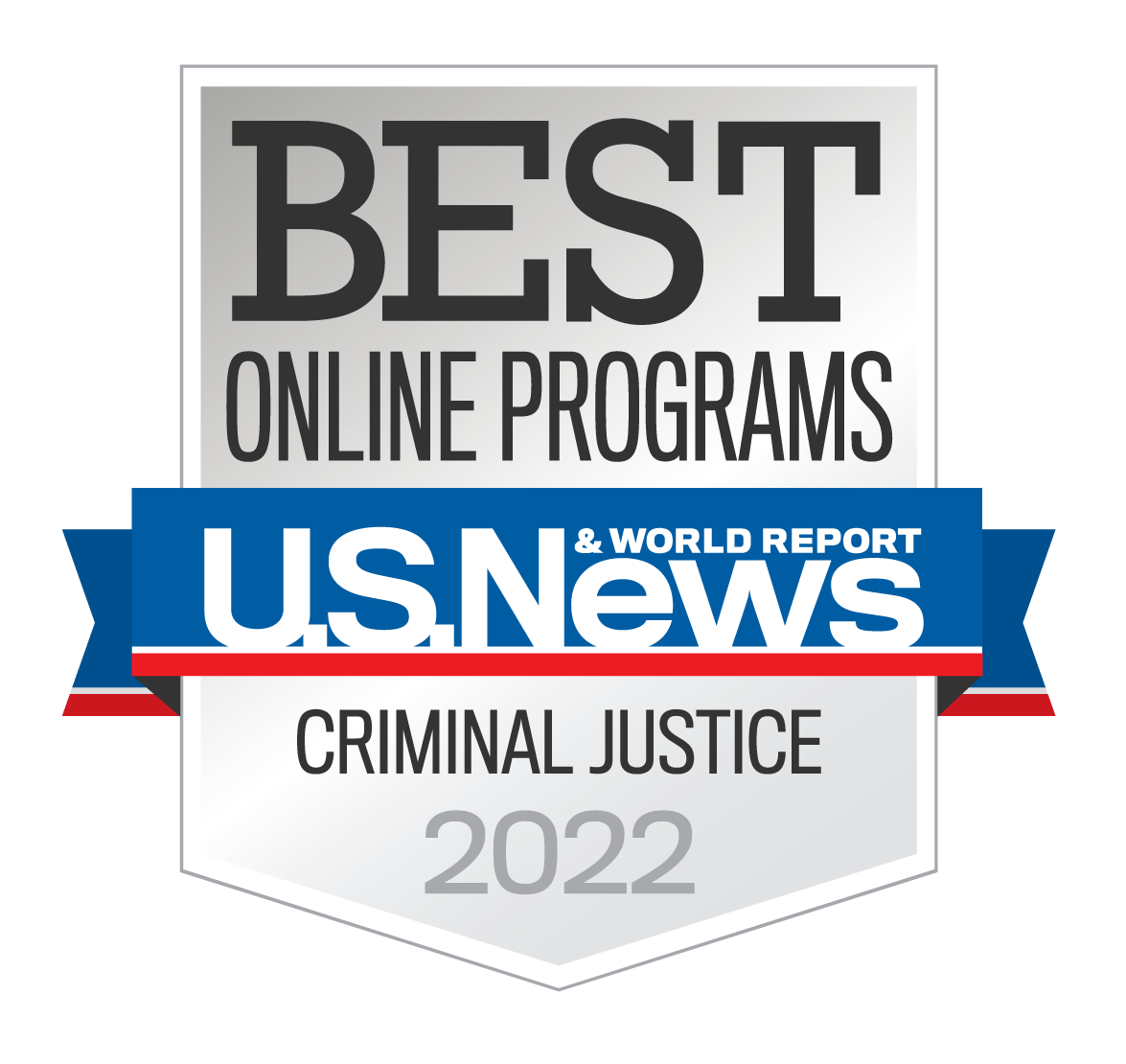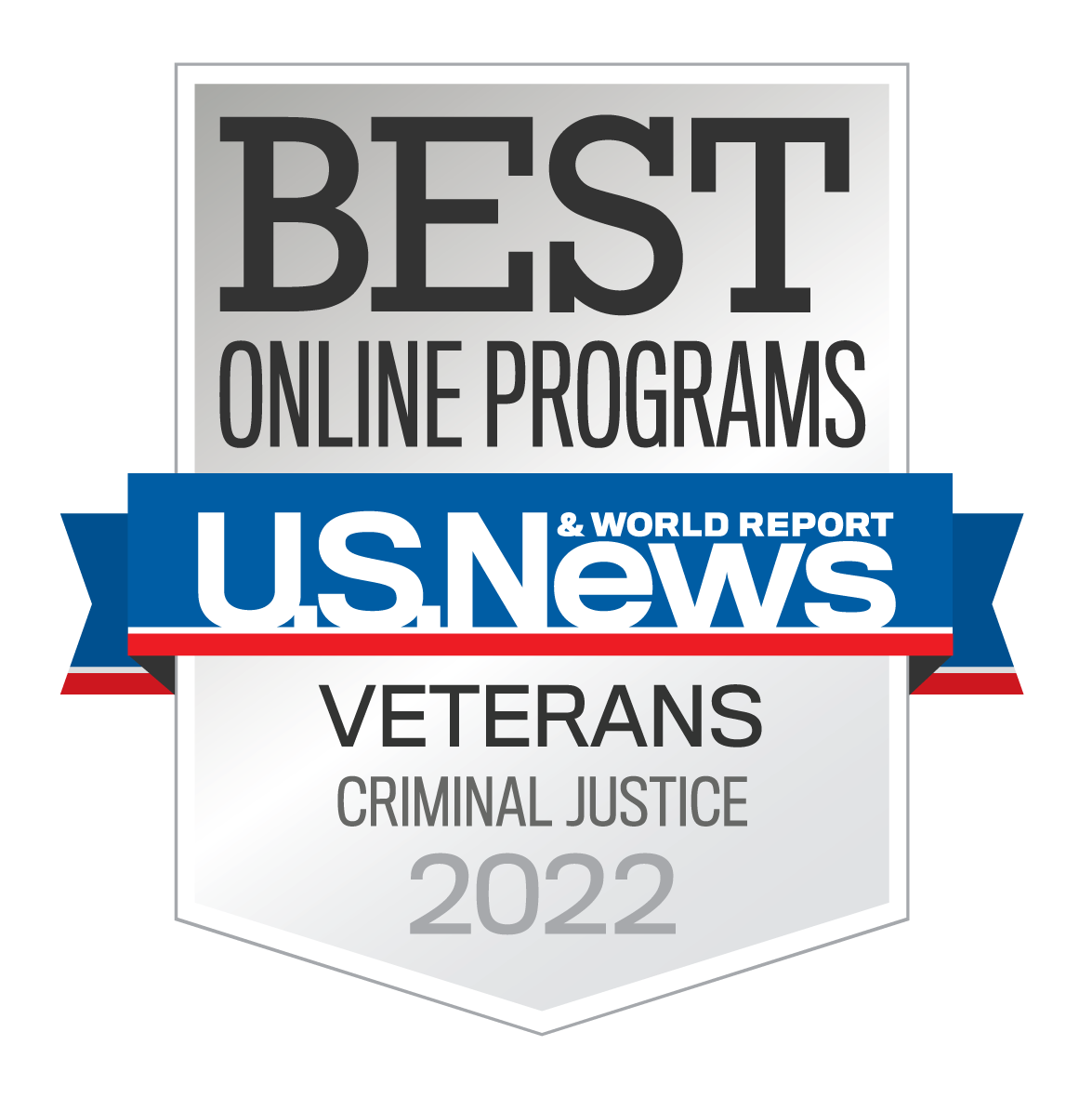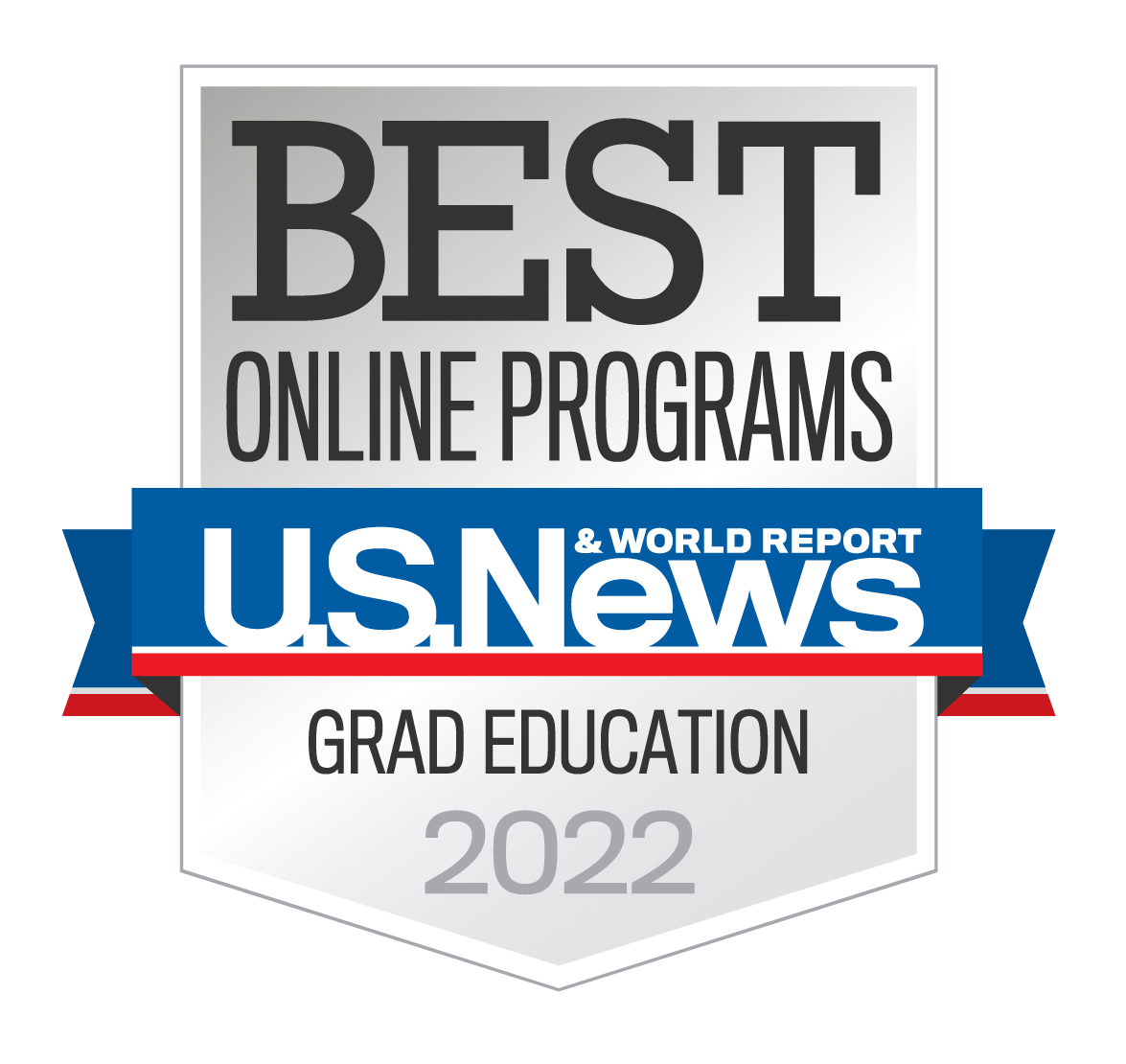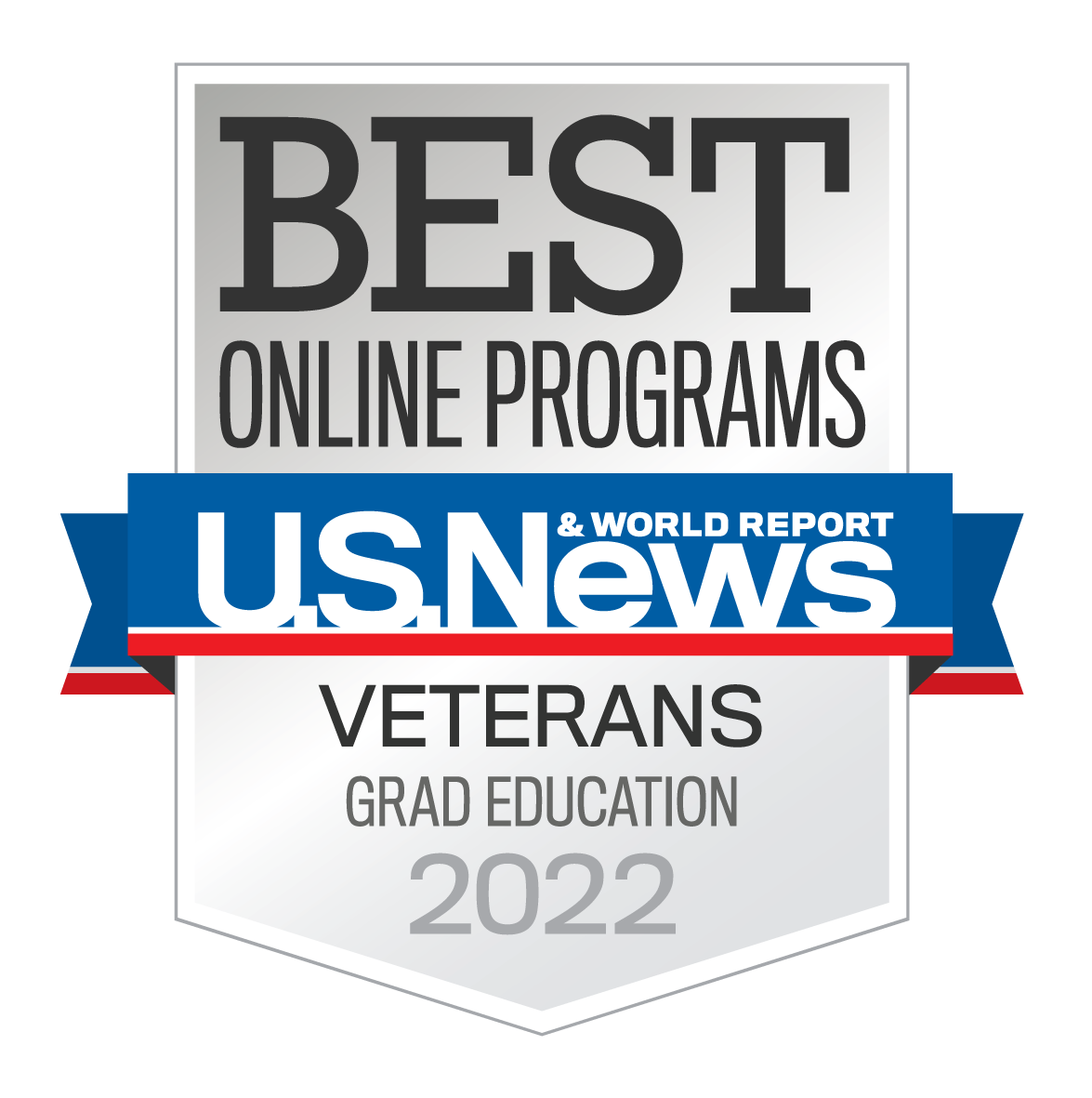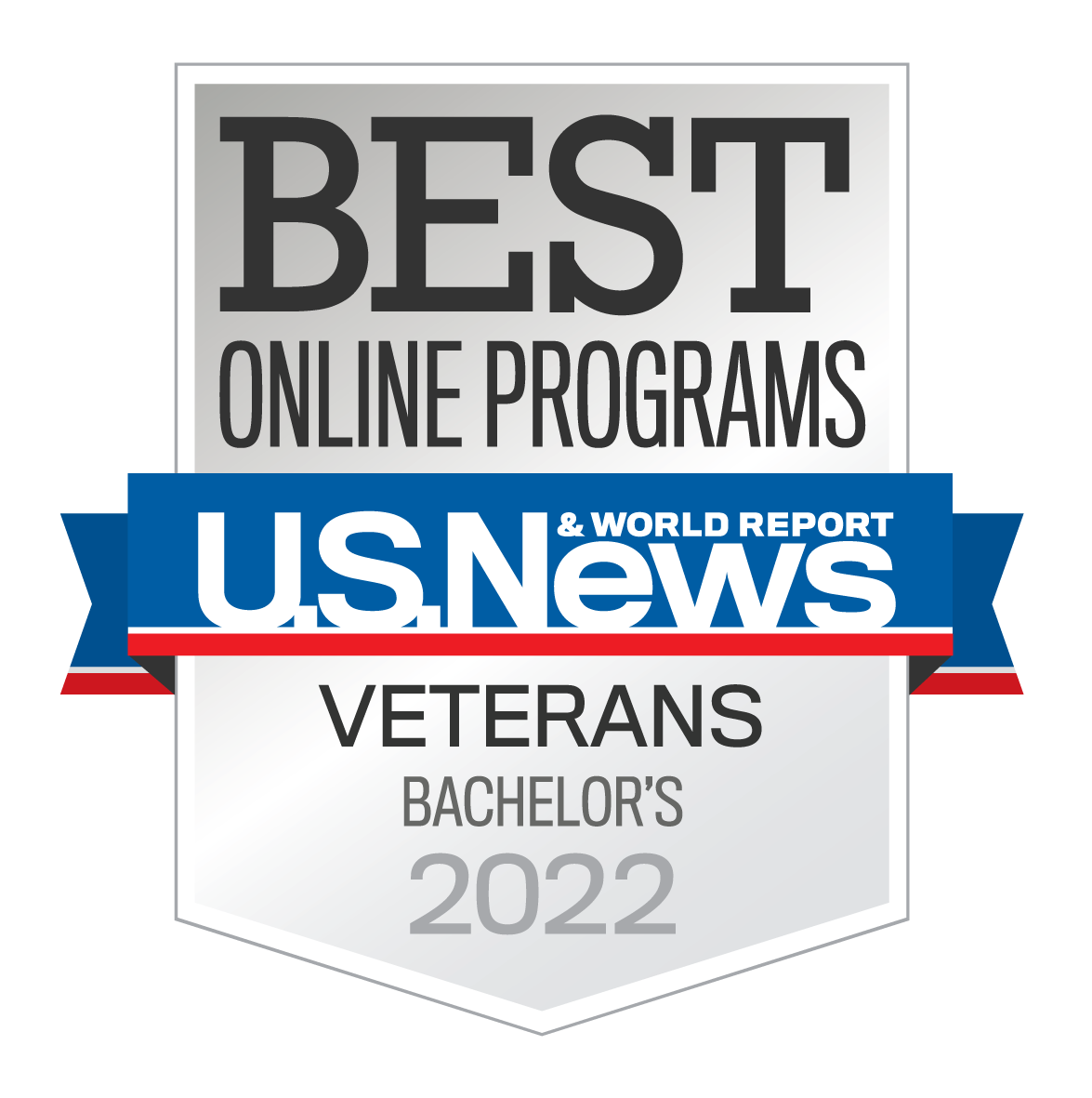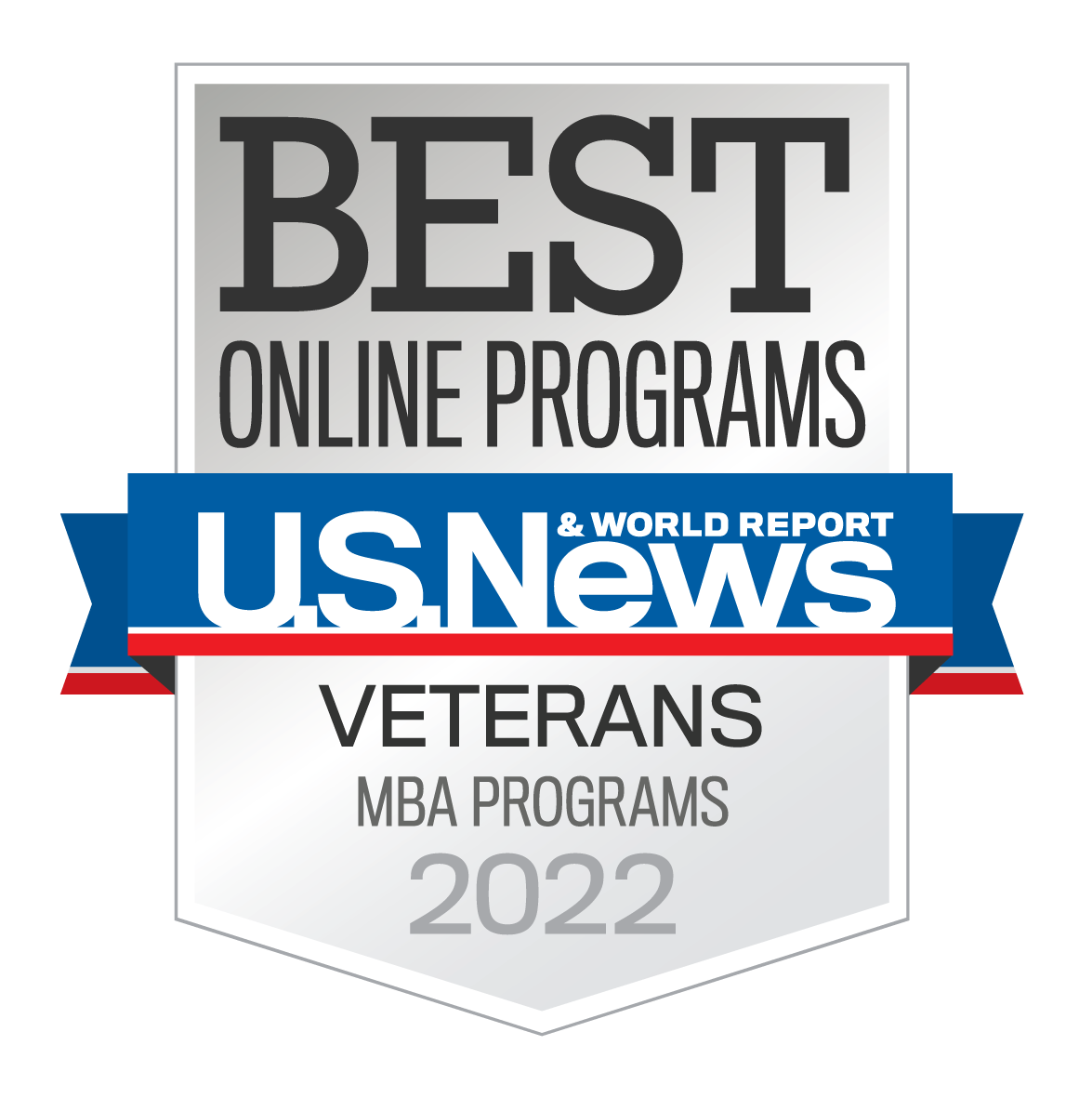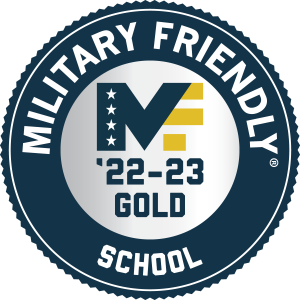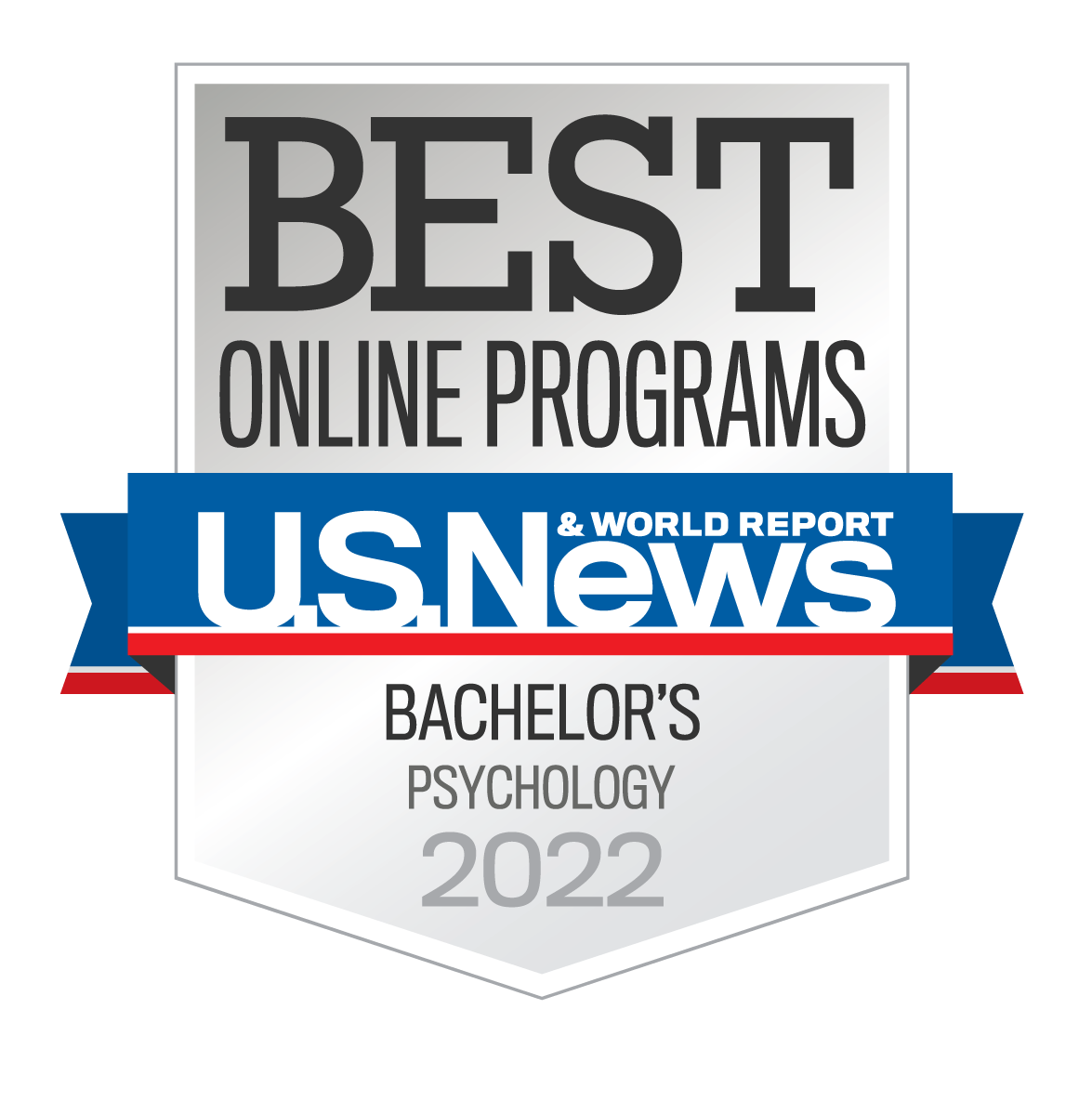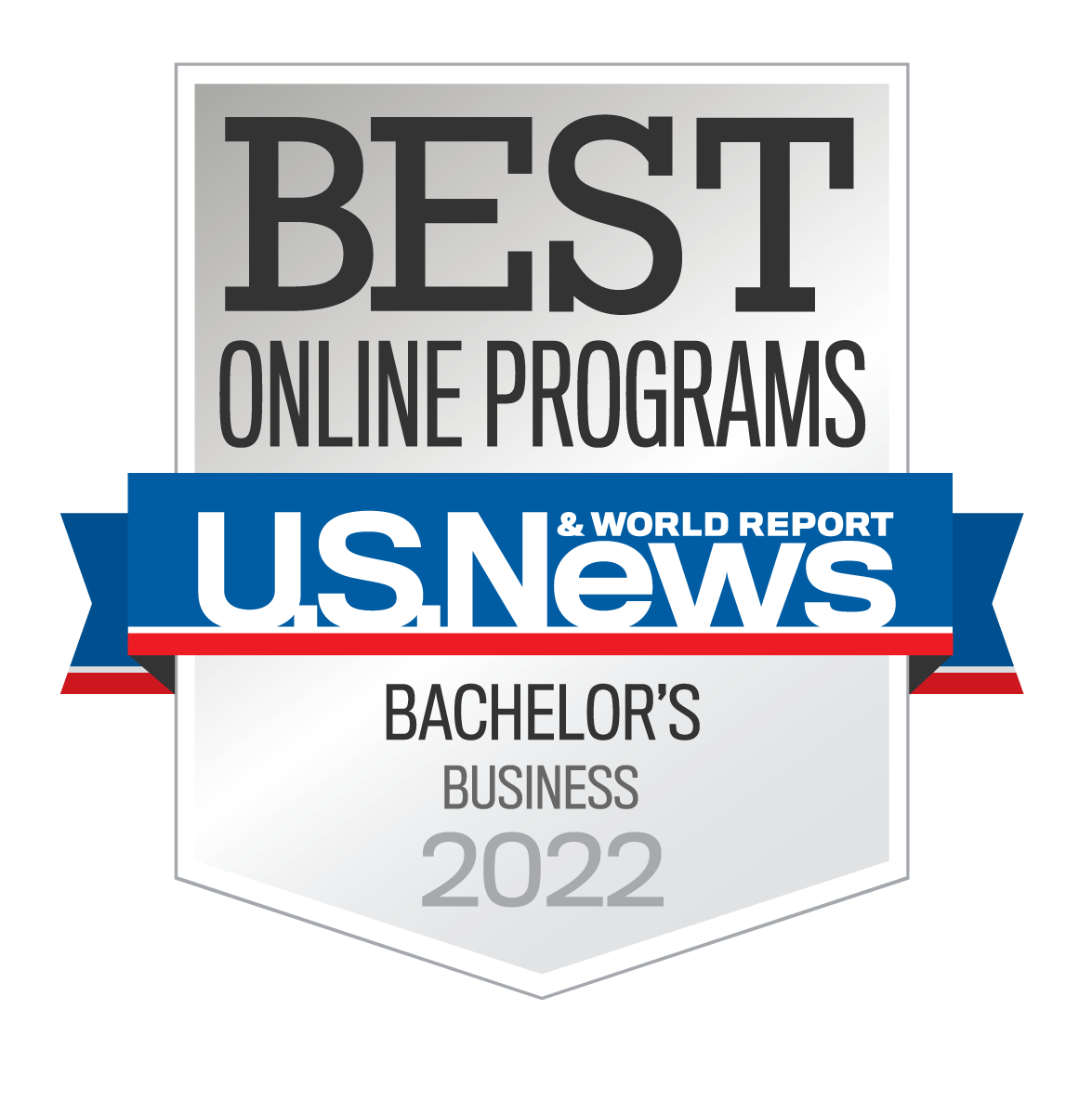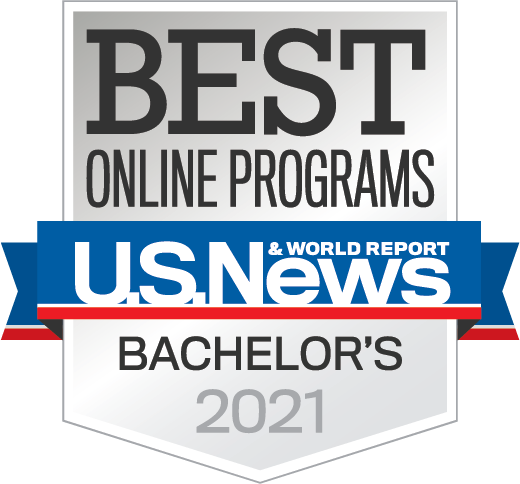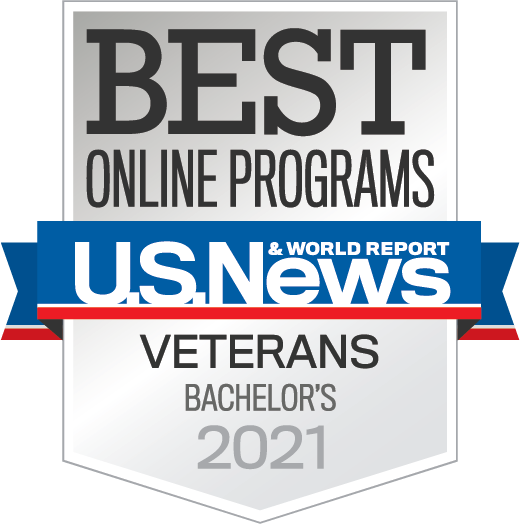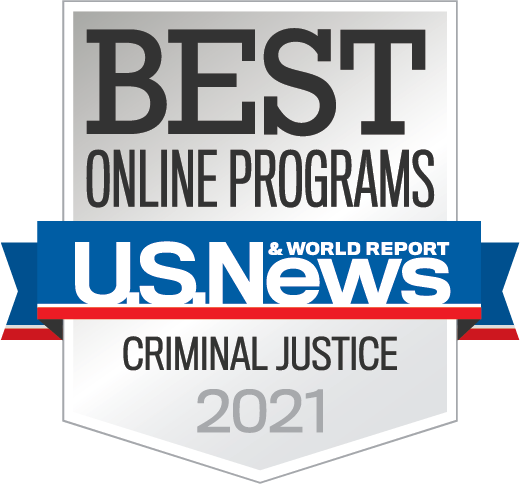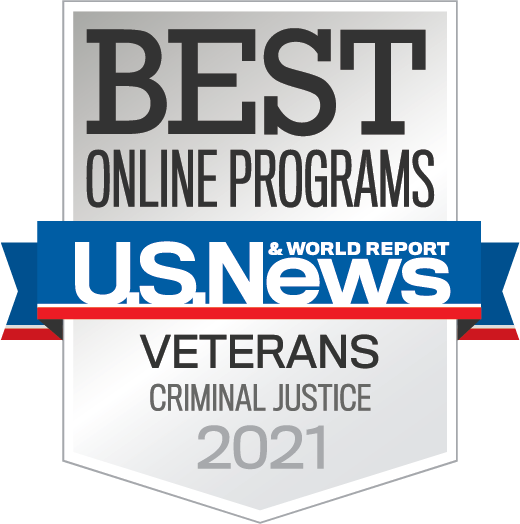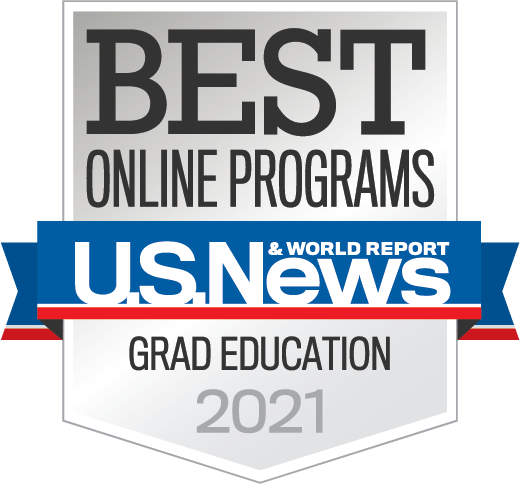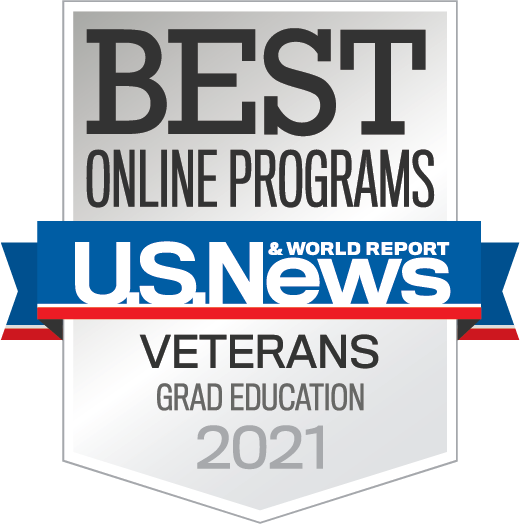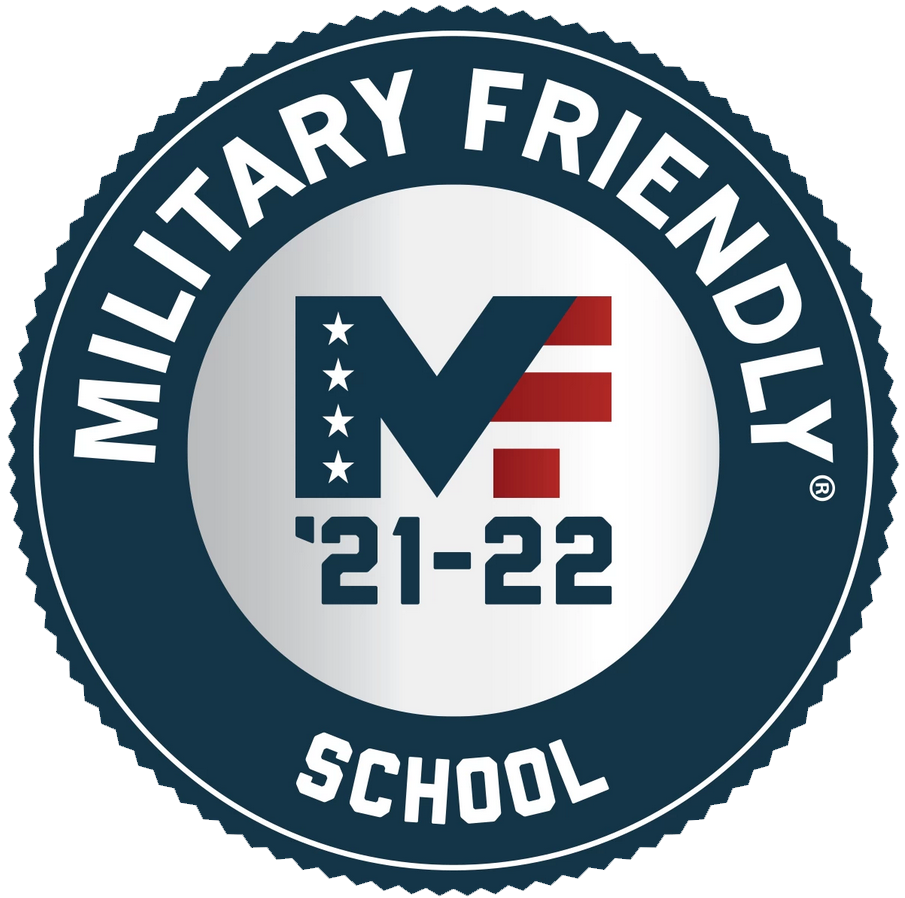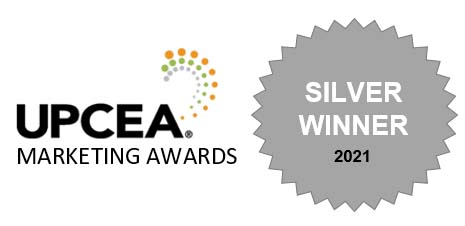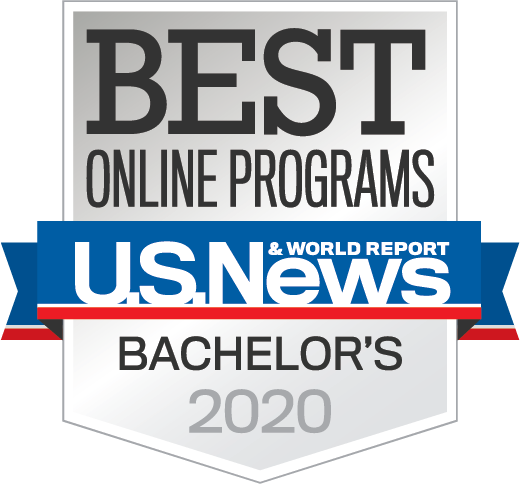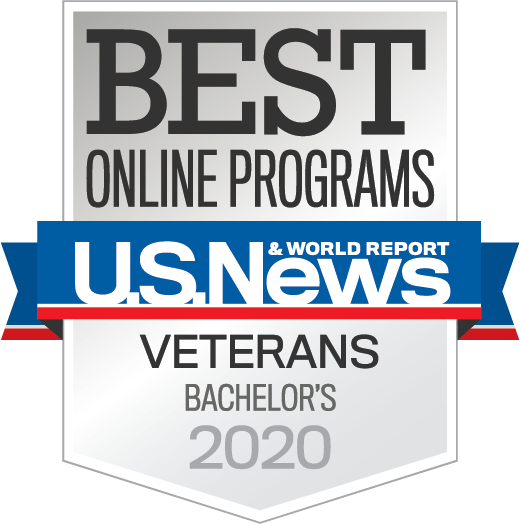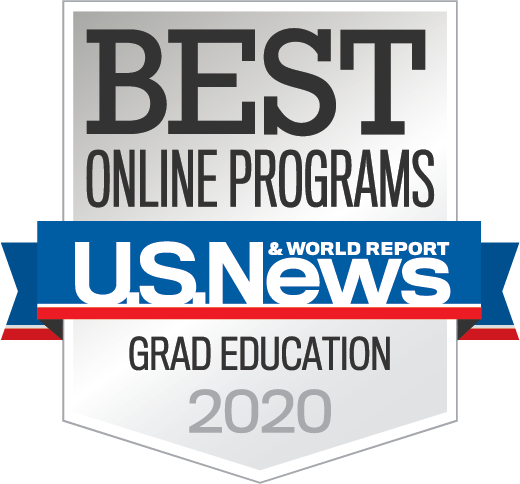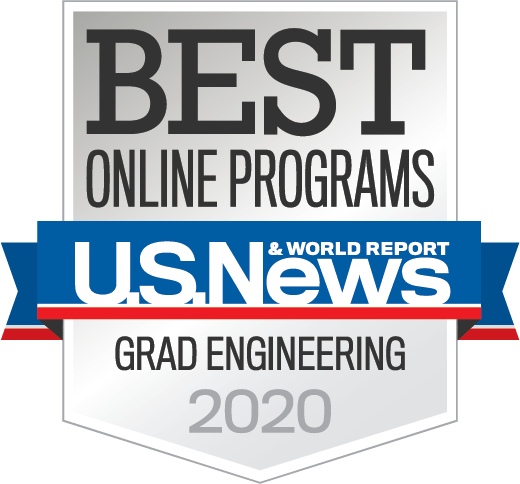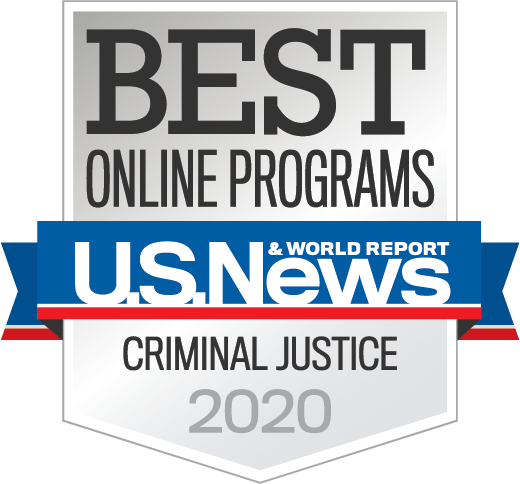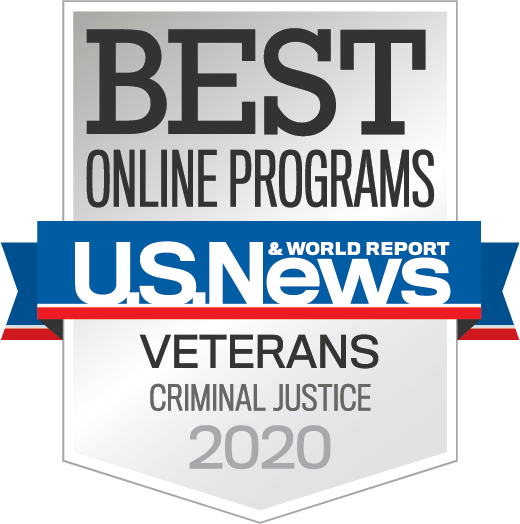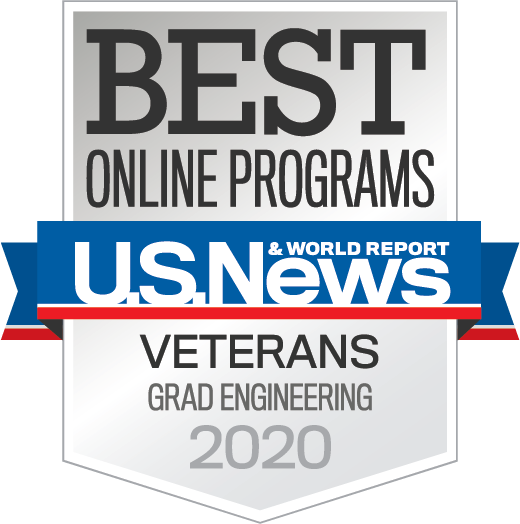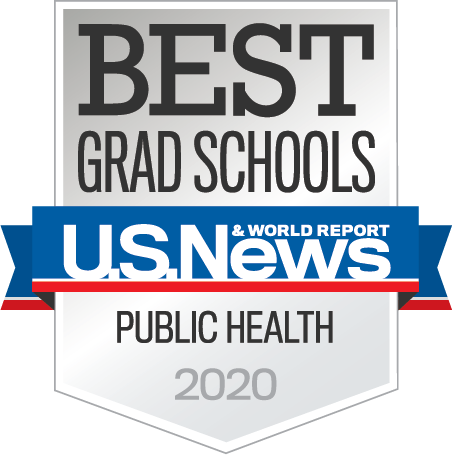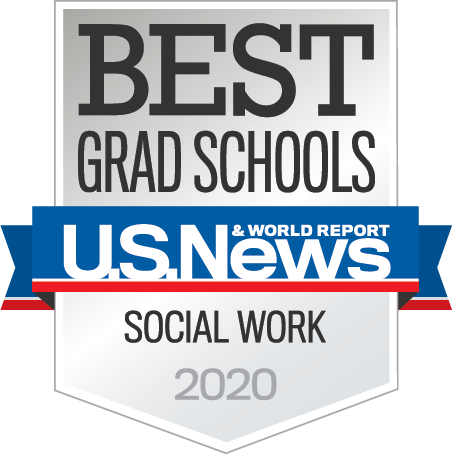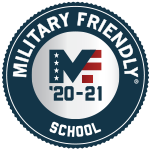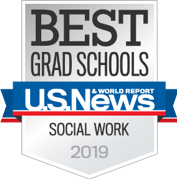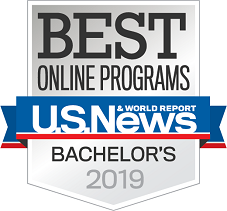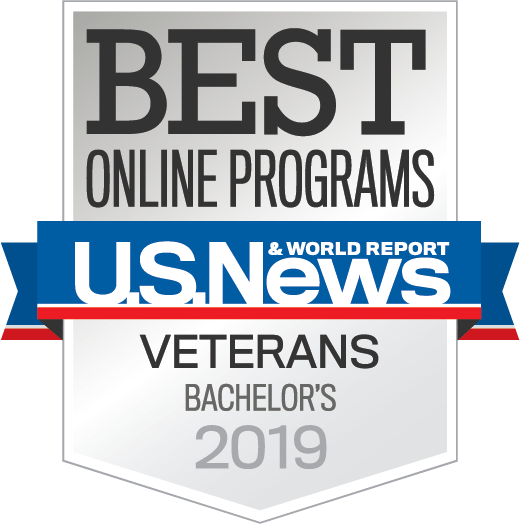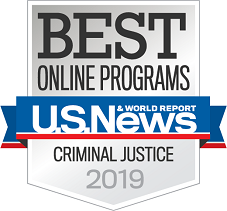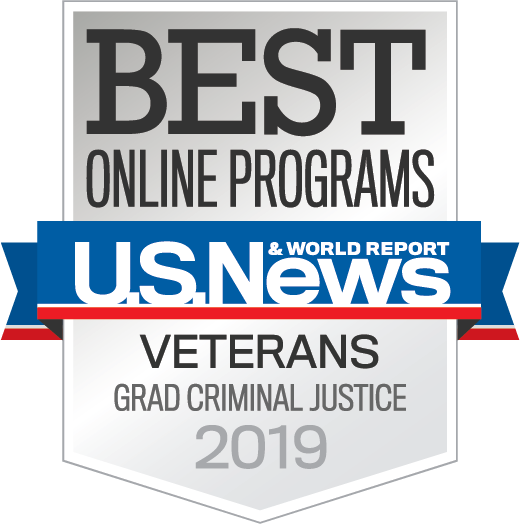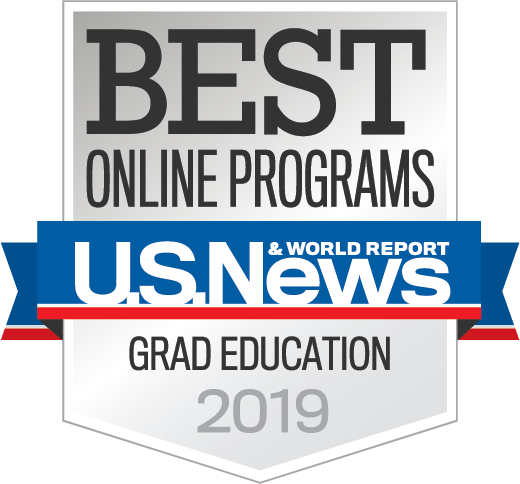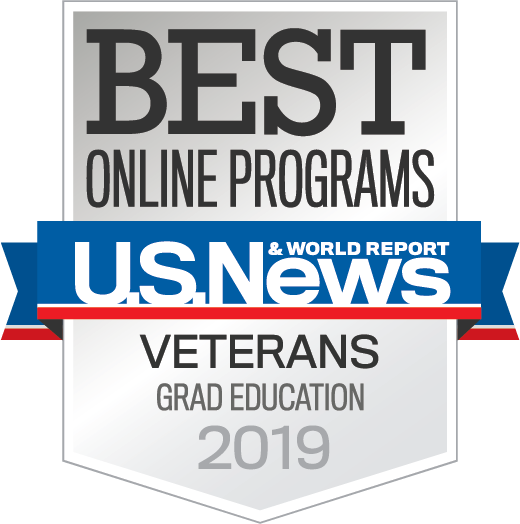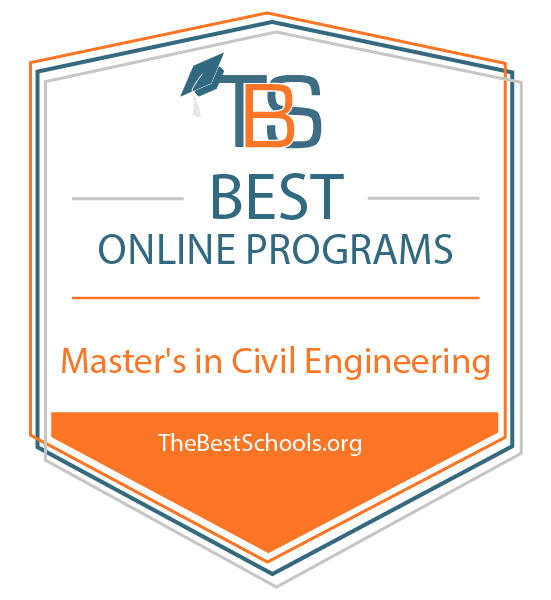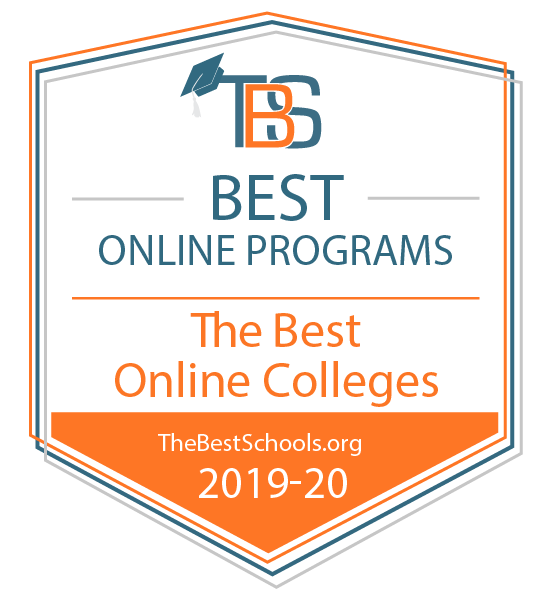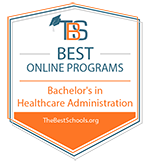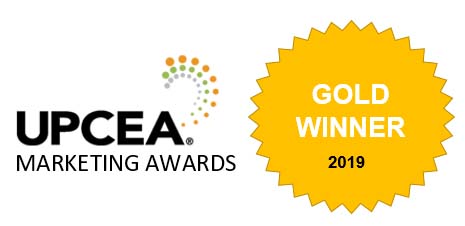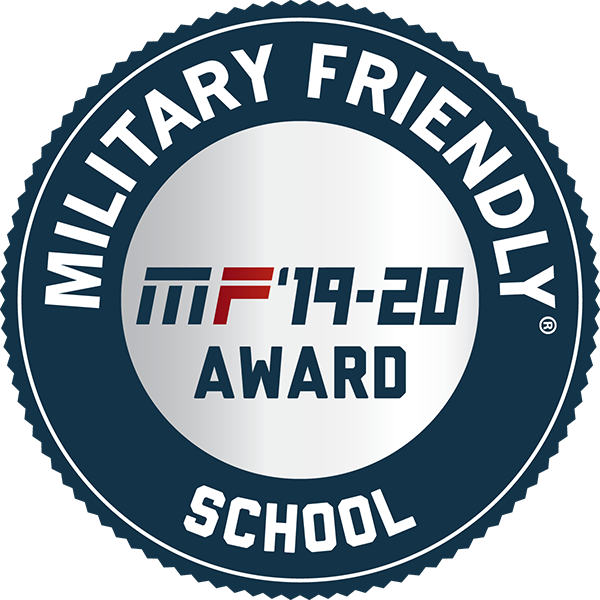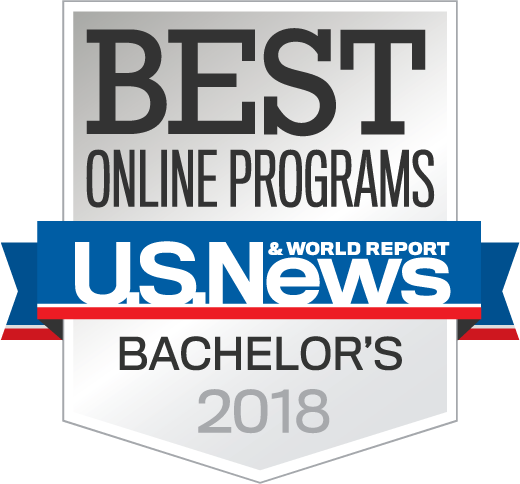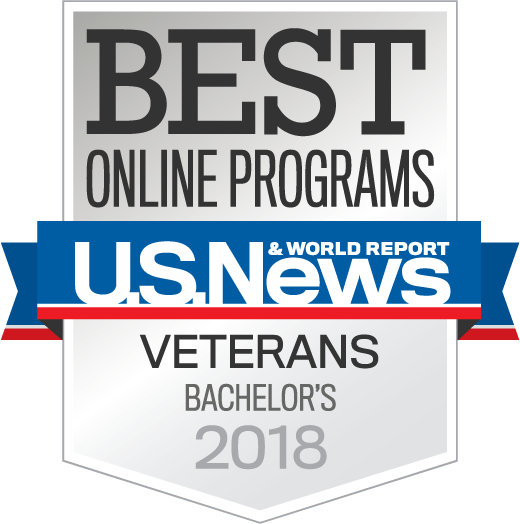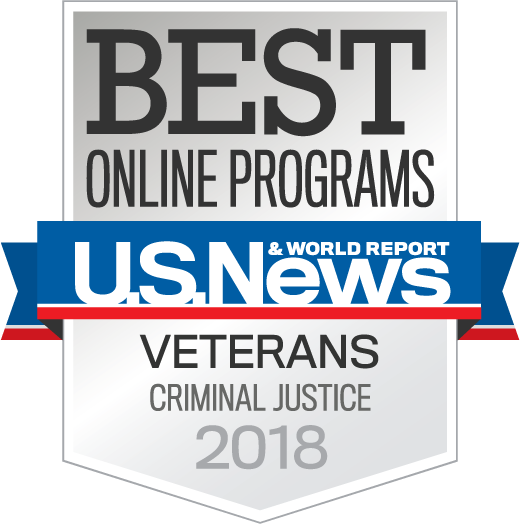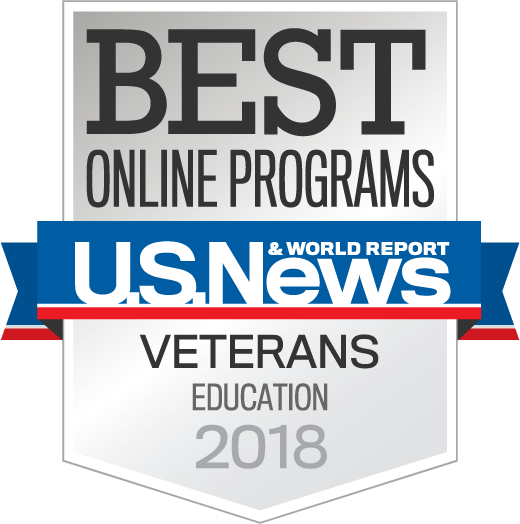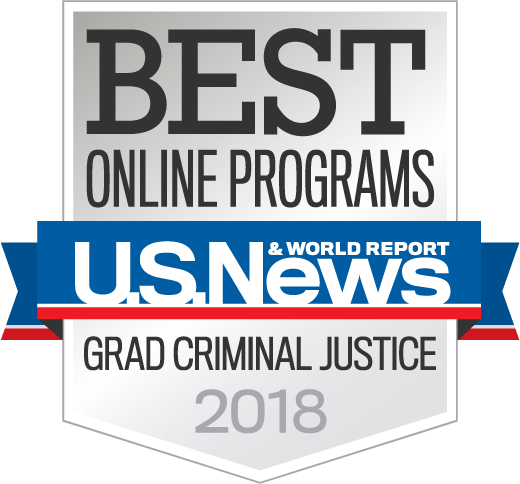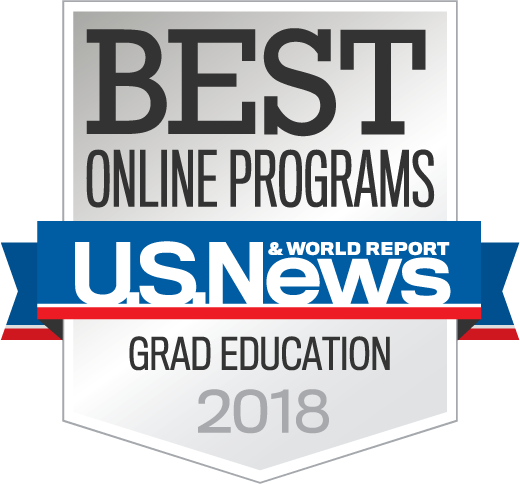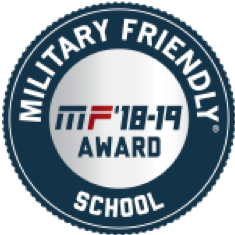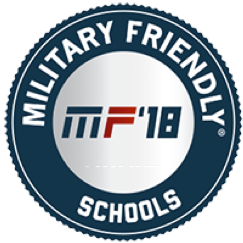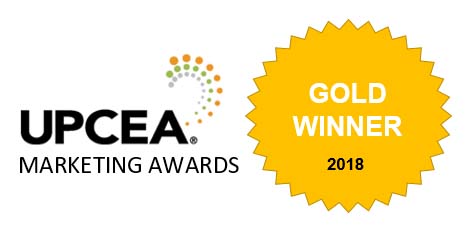Accreditation
The University of Louisville is accredited by the Southern Association of Colleges and Schools Commission on Colleges (SACSCOC). SACSCOC is recognized by the U.S. Department of Education. The SACSCOC Principles of Accreditation apply to all programs of the institution, regardless of mode of delivery. For more information about the University of Louisville’s SACSCOC accreditation, see http://louisville.edu/about/accreditation.
A requirement for continued accreditation by SACSCOC is that institutions must ensure that their distance and correspondence education courses and programs comply with the Principles of Accreditation. This applies to all educational programs and services, wherever located or however delivered. The university received reaffirmation of accreditation in 2018. The next review will take place in 2027.
The University of Louisville is in compliance with the SACSCOC Distance Education and Correspondence Courses Policy Statement.
State Authorization Regulations
To view the State Authorization status for your state and program of interest, please visit the State Authorization Regulations tab
Student Complaint Procedure
Students with complaints or grievances should visit the Student Complaint Procedure page on our site.
State Authorization and Program Availability
Last Updated: April 2, 2025
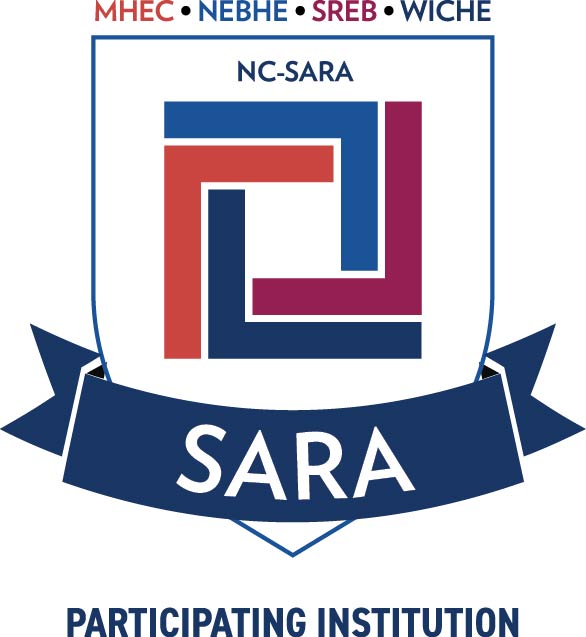
Is the program I’m interested in available in my state?
To determine whether your program of interest is available in a particular state:
- Select your program of interest from the list below to verify its authorization status and availability in your state.
- If you are located outside of the United States or a territory of the United States, please see the International Enrollments section for more details on the authorization of online programs in countries outside the U.S.
Important note for professional licensure programs: If you are considering a program that leads to licensure or certification, it is essential to understand that although a given program may be authorized to be offered in your state, this does not indicate or guarantee your eligibility for professional licensure or certification in that state. Please review the information in the Licensing Disclosures tab to determine if your program of interest will meet your state’s educational requirements for licensure in your field.
The University of Louisville participates in the State Authorization Reciprocity Agreements.
Important note for relocating during the course of a program: Prospective and current students should keep in mind that licensing and authorization requirements vary by state and that relocating during the course of a program to another state could impact whether that student can continue in the program and/or meet the eligibility requirements of that state. Please contact your program to check for authorization and licensure eligibility requirements before you relocate during the course of a program.
State Authorization Reciprocity Agreement (SARA)
The University of Louisville participates in the State Authorization Reciprocity Agreements. SARA allows member states and participating institutions to offer distance education in other member states and U.S. territories so long as the institution adheres to SARA policy manual requirements, including certain quality and consumer protection standards. Except for California, all U.S. states, the District of Columbia, Puerto Rico, and the U.S. Virgin Islands are members of SARA. Although California is not a SARA member, UofL is not subject to the regulations of the California Bureau of Private Postsecondary Education due to our out-of-state public institution status. Therefore, UofL can offer programs to individuals located in California. More information on SARA can be found here.
Although the University of Louisville is authorized to offer distance education in other SARA member states, program-specific considerations may affect program availability. These restrictions are typically due to state licensing board requirements or other state agency requirements and often impact the availability of field placements in these locations. Participation in SARA does not exempt the University from these requirements.
Therefore, if you decide to enroll in any of the University of Louisville's restricted programs, or if you move during the course of your studies to a state where your program is restricted, please be aware that you are taking a risk that you may not be able to complete that program or use any of the credit earned in that program should you decide to pursue employment or licensing in that field in that state. Note that the risks listed above are not exhaustive. Please verify with your state’s professional licensing board that your plans are not impacted by these risks.
Student Complaint Procedure
Students seeking to resolve a complaint regarding their online program should visit our Student Complaint Procedure page.
International Enrollments
The University of Louisville works to provide global access to its online degree programs. While we track issues related to international authorization and licensure, it is the student’s responsibility to understand current circumstances or special requirements surrounding online degrees in countries outside the United States. UofL Online reviews this information on a case-by-case basis; however, many times the university cannot determine whether online delivery is permitted or whether a program meets international authorization or licensure requirements.
The University of Louisville also complies with economic sanctions programs administered by the Office of Foreign Assets Control (OFAC).
Applications for admission and funding plans may be subject to additional review to ensure ongoing compliance with these requirements. Current students traveling or relocating outside of the U.S. may be unable to access University of Louisville campus systems, services, and courses from countries or regions subject to economic and/or trade sanctions by OFAC or other authorities. For a list of current OFAC sanctions, please visit this OFAC site.
Contact the Distance Education Compliance Manager at deregs@louisville.edu for further guidance on OFAC sanctions and restrictions.
Additionally, each international location has its own laws regarding online education and professional licensure. Some locations have certain requirements that must be met before certain programs may be recognized. Requirements may vary by licensure area or program.
Please note the following risks and considerations before enrolling in a University of Louisville online program from a country outside the United States:
- The online degree selected may not be recognized in your country of residence and/or any country in which you intend to work. This may have implications for students who later to seek to enroll in other educational programs, or for those who seek employment requiring specific credentials;
- How the collection of student data may be used in any such country;
- Whether you will be ineligible for financial aid from your country’s government;
- Whether you will be subject to additional withholding taxes in addition to the price of tuition;
- Whether you will be able to sit for professional licensure or certification in your country;
- Whether you will be eligible for consumer protections in your country;
- Whether you will be able to complete field placements (practicum, internship, etc.) in that country. This could affect licensure or recognition of the degree to meet particular requirements in that country.
Therefore, if you decide to enroll in any of the University of Louisville's programs from a country other than the United States, or if you move to another country during the course of your studies, please be aware that you are taking a risk that you may not be able to complete that program or use any of the credit earned in that program should you decide to pursue employment or licensing in that field in that country. Please note that the risks listed above are not exhaustive.
Students considering a program leading to professional licensure should contact the licensing board in their country of residence or country in which they intend to work to determine whether the program is recognized for licensure or certification. Please verify with your country’s professional licensing board that your plans are not impacted by these risks.
*Note: Exceptions may apply for students affiliated with the U.S. military and stationed in an international location (e.g., military members, military dependents and spouses, etc.).
Online Bachelor's Degrees
-
Bachelor of Science in Business Administration in Accountancy
-
Bachelor of Business Administration
-
Bachelor of Arts in Communication
-
Bachelor of Science in Communication
-
Bachelor of Science in Criminal Justice
-
RN to Bachelor of Science in Nursing
-
Bachelor of Science in Organizational Leadership and Learning (all degree tracks)
-
Early Childhood Education (track within Bachelor of Science in Organizational Leadership and Learning)
-
Bachelor of Science in General Studies
-
Bachelor of Arts in Political Science
-
Bachelor of Science in Psychology
-
Bachelor of Social Work
-
Bachelor of Arts in Sociology
-
Bachelor of Science in Sociology
-
Bachelor of Science in Sport Administration
-
Bachelor of Arts in Women’s, Gender and Sexuality Studies
Online Master's Degrees
-
Master of Science in Artificial Intelligence in Medicine
-
Master of Science in Biostatistics
-
Master of Business Administration
-
Master of Science in Business Analytics
-
Master of Science in Civil Engineering
-
Master of Science in Computer Science
-
Accelerated Bachelor of Science- Master of Science in Criminal Justice
-
Master of Science in Criminal Justice
-
Master of Science in Electrical Engineering
-
Master of Engineering in Engineering Management
-
Master of Science in Epidemiology
-
Master of Science in Health Administration
-
Master of Science in Health Data Analytics
-
Master of Science in Health Professions Education
-
Master of Arts in Higher Education and Student Affairs
-
Master of Science in Human Resources and Organization Development
-
Master of Science in Industrial and Systems Engineering
-
Master of Arts in Teaching (MAT) in Interdisciplinary Early Childhood Education (IECE)
-
Master of Science in Materials and Energy Science & Engineering
-
Master of Science in Nursing - Leadership
-
Master of Science in Physiology
-
Master of Education in Counseling and Personnel Services, Concentration in School Counseling
-
Master of Science in Social Work
-
Master of Education in Special Education (LBD and MSD concentrations)
-
Master of Education in Special Education, Concentration in Applied Behavior Analysis
-
Master of Science in Sport Administration
-
Master of Education in Teaching and Learning
-
Master of Arts in Teaching in Special Education (LBD and MSD concentrations)
Online Doctoral Degrees
Online Certificates
Professional Licensure Notifications and Disclosures
Last Updated: April 8, 2025

Is a professional license required in your chosen field? If yes, we strongly encourage you to follow the steps below before enrolling in an online program at the University of Louisville:
-
Determine if your program is available in your state or territory by reviewing the State Authorizations tab: http://louisville.edu/online/About-Us?tab=state-auth. Students considering an academic program as a pathway to professional licensure or certification in any field should be aware that just because a given program may be authorized to be offered in your state does not indicate or guarantee your eligibility for professional licensure or certification in that state. The State Authorizations tab also provides information about any known state agency restrictions that could impact field placement availability.
-
Carefully review the “General Notification for All Students” section below on this page. This is applicable to all students regardless of your location or program.
-
Select your program of interest from the list below.
The University of Louisville participates in the State Authorization Reciprocity Agreements.
-
Carefully review the information for your program and intended state/territory of licensure and whether our program meets those requirements for licensure. Use the contact information provided for your state licensing board to clarify or confirm any requirements.
-
If questions remain after reviewing the information provided below, contact online@louisville.edu and we’ll do our best to connect you with the information you need. Although our team can provide initial guidance, it is ultimately your responsibility to continually check with the state licensing board where you intend to seek licensure to confirm all licensing requirements.
-
Make sure you understand and consider the implications of the below information prior to enrolling in a program intended to lead to professional licensure.
-
Before you relocate or change programs, review this information to review the information on your new program or state/territory.
-
If you are located outside of the United States or a territory of the United States, please see the International Enrollments section for more details on the authorization of online programs in countries outside the U.S.
General Notification for All Students:
The University of Louisville’s online programs that are designed to lead to professional licensure meet the educational requirements for licensure in Kentucky. To determine whether our online programs meet educational requirements for licensure in other U.S. states and territories, please review the licensure disclosure for your program of interest below.
Please note that federal regulations require institutions to only enroll students in programs designed to lead to licensure when these programs meet educational requirements for licensure in the state where the student is located at the time of initial enrollment in the program, or in the state where a student attests that they intend to seek employment.
Separate from educational requirements, state licensure boards may require applicants to complete professional examinations, background checks, years of professional experience, state-specific topical trainings, etc.
Alternate paths to earning a professional license may be available depending on your program of interest. More information about licensure options is available in the Professional Licensure Video Series.
Change of Requirements
The University of Louisville makes every effort to ensure information about educational requirements for programs is current; however, licensure requirements are always subject to change. Licensure information is reviewed and updated annually during the fall term. Changes in state requirements after the review period could impact the University of Louisville’s determination of whether the program meets educational requirements in a particular state. Students should always check with their state licensure board to confirm licensure requirements.
Impact of Relocating During Program
Prospective and current students should keep in mind that licensing and authorization requirements vary by state and that relocating during the course of a program to another state could impact whether that student can continue in the program and/or meet the eligibility requirements of that state. Please contact your program to check for authorization and licensure eligibility requirements before you relocate during the course of a program.
International Enrollments
The University of Louisville works to provide global access to its online degree programs. While we track issues related to international authorization and licensure, it is the student’s responsibility to understand current circumstances or special requirements surrounding online degrees in countries outside the United States. UofL Online reviews this information on a case-by-case basis; however, many times the university cannot determine whether online delivery is permitted or whether a program meets international authorization or licensure requirements.
The University of Louisville also complies with economic sanctions programs administered by the Office of Foreign Assets Control (OFAC).
Applications for admission and funding plans may be subject to additional review to ensure ongoing compliance with these requirements. Current students traveling or relocating outside of the U.S. may be unable to access University of Louisville campus systems, services, and courses from countries or regions subject to economic and/or trade sanctions by OFAC or other authorities. For a list of current OFAC sanctions, please visit this OFAC site.
Contact the Distance Education Compliance Manager at deregs@louisville.edu for further guidance on OFAC sanctions and restrictions.
Additionally, each international location has its own laws regarding online education and professional licensure. Some locations have certain requirements that must be met before certain programs may be recognized. Requirements may vary by licensure area or program.
Please note the following risks and considerations before enrolling in a University of Louisville online program from a country outside the United States:
- The online degree selected may not be recognized in your country of residence and/or any country in which you intend to work. This may have implications for students who later to seek to enroll in other educational programs, or for those who seek employment requiring specific credentials;
- How the collection of student data may be used in any such country;
- Whether you will be ineligible for financial aid from your country’s government;
- Whether you will be subject to additional withholding taxes in addition to the price of tuition;
- Whether you will be able to sit for professional licensure or certification in your country;
- Whether you will be eligible for consumer protections in your country;
- Whether you will be able to complete field placements (practicum, internship, etc.) in that country. This could affect licensure or recognition of the degree to meet particular requirements in that country.
Therefore, if you decide to enroll in any of the University of Louisville's programs from a country other than the United States, or if you move to another country during the course of your studies, please be aware that you are taking a risk that you may not be able to complete that program or use any of the credit earned in that program should you decide to pursue employment or licensing in that field in that country. Please note that the risks listed above are not exhaustive.
Students considering a program leading to professional licensure should contact the licensing board in their country of residence or country in which they intend to work to determine whether the program is recognized for licensure or certification. Please verify with your country’s professional licensing board that your plans are not impacted by these risks.
*Note: Exceptions may apply for students affiliated with the U.S. military and stationed in an international location (e.g. military members, military dependents and spouses, etc).
Student Complaint Procedure
Students seeking to resolve a complaint regarding their online program should visit our Student Complaint Procedure page.
Professional Licensure: What You Need to Know
-
Introduction to Licensure
This video series explains the road to professional licensure and the various pathways you can take to make it to your final destination: Becoming a licensed professional in your chosen field!
-
State Requirements for Licensure
Because professional licenses are often issued at the state-level by state licensing boards, it is important to know whether your UofL program meets the educational requirements for licensure in the different US states and territories. You can view these requirements at any time by checking our professional licensure websites or by visiting the state licensing board websites.
-
Pathways to Licensure
It is important to understand the various pathways for pursuing a professional license. Whether these options are available will depend on the professional license and the state licensing board where you plan to practice. Your program advisor can provide tailored advice that applies to your profession’s specific licensing requirements and your future plans.
-
Ensuring UofL’s Program Meets Your Needs
Our aim is to ensure you're fully prepared with the education requirements to pursue licensure in your desired field. And our top priority is to make sure the program is a good fit for you!
Online Bachelor's Degrees
-
Bachelor of Science in Business Administration in Accountancy
- The Bachelor of Science in Business Administration (BSBA) in Accountancy program is not designed to meet the educational requirements for licensure as a Certified Public Accountant (CPA) in any U.S. state or territory, since most U.S. states and territories require 150 credit hours for licensure as a CPA . Students who complete this program will be eligible to sit for the CPA examination in the State of Kentucky and may pursue CPA licensure after completing the additional credits required to reach the 150 credit hour minimum required to apply for licensure, but this program will not lead directly to licensure on its own.
-
Bachelor of Business Administration
- This program is not intended to meet any professional licensure requirements in any U.S. state, territory, jurisdiction or location.
-
Bachelor of Arts in Communication
- This program is not intended to meet any professional licensure requirements in any U.S. state, territory, jurisdiction or location.
-
Bachelor of Science in Communication
- This program is not intended to meet any professional licensure requirements in any U.S. state, territory, jurisdiction or location.
-
Bachelor of Science in Criminal Justice
- This program is not intended to meet any professional licensure requirements in any U.S. state, territory, jurisdiction or location.
-
RN to Bachelor of Science in Nursing
- The University of Louisville’s RN to Bachelor of Science in Nursing online program is designed for registered nurses who have already earned an associate degree in nursing (ADN) or a nursing diploma. The RN to Bachelor of Science in Nursing online program is a post-licensure program and does not lead to any advanced type of professional certification or licensure in any U.S. state, territory, jurisdiction or location. If you are interested in pursuing initial licensure in the various nursing professions, please contact your licensing board with the information found here: https://www.ncsbn.org/contact-bon.htm
-
Bachelor of Science in Organizational Leadership and Learning (all degree tracks)
- This program is not intended to meet any professional licensure requirements in any U.S. state, territory, jurisdiction or location. This disclosure applies to all degree tracks of this program.
-
Early Childhood Education (track within Bachelor of Science in Organizational Leadership and Learning)
- The online Early Childhood Education (ECE) program is designed to prepare early childcare professionals to deliver high-quality, effective and diverse education to young learners in Pre-K classrooms. This program does not lead to any type of professional certification or licensure as a teacher or educator in any U.S. state, territory, jurisdiction or location. Teachers within the state of Kentucky are required to have a certification to teach in K-12 classrooms. If you are interested in adding on teaching certification after you complete this bachelor’s degree, please view the information on our Master of Arts in Teaching in Special Education online program or contact Betty Hampton at betty.hampton@louisville.edu.
If you are out-of-state and interested in pursuing licensure or certification in your state, please contact your licensing board to determine the licensure requirements. You may find your licensing board's contact information by clicking on the link to the agency at the following site: https://docs.google.com/spreadsheets/d/e/2PACX-1vRk3E4v8yB2tOC4zg5oS0l5JDzuGkqKOE9VW53UoPnyYlRI0lDQo0cBN9NYrCf_a4GpmVC7V55PuqxJ/pubhtml
-
Bachelor of Science in General Studies
- This program is not intended to meet any professional licensure requirements in any U.S. state, territory, jurisdiction or location.
-
Bachelor of Arts in Political Science
- This program is not intended to meet any professional licensure requirements in any U.S. state, territory, jurisdiction or location.
-
Bachelor of Science in Psychology
-
Bachelor of Social Work
- Disclaimer:
The information in this section applies only to social work licensure at the bachelor level. The student is responsible for working with their respective state boards in completing requirements and applying for credentials that are beyond the scope of the Bachelor of Social Work program and a bachelor-level social work license.
The University’s social work programs may be of use to you in seeking professional opportunities in professional areas similar to social work; however, those opportunities may vary based on the state(s) where you intend to work. The laws and regulations for the myriad of areas are subject to interpretation and change without notice. For these and other reasons, the Kent School of Social Work, and the University of Louisville, cannot warrant or guarantee accuracy of information or approval of requirements outside of the practice of social work.
The University of Louisville strongly recommends that you inquire with your applicable licensing board to determine all of the educational and other requirements for licensure before enrolling in the program. Other requirements may include, but are not limited to, additional post-graduation examinations or experience, state-specific topical trainings, application and licensing fees, criminal background checks, reference checks, fingerprint submissions, etc. Note that many boards will require transcripts to be sent in an official sealed envelope from the university or they will not be considered official or accepted.
Contact information for your licensing board can be found here: https://docs.google.com/spreadsheets/d/e/2PACX-1vQrC_rUFS8eF0BFkaXVhsbhsQHExdQeN6vBeKDOdBv8WBhDAl7JB0HQhjW8mB3lOH5YFqZuP323SP6r/pubhtml
You can view the list of courses in the online Bachelor of Social Work program here: http://louisville.edu/online/programs/bachelors/bachelor-of-social-work/degree-map
- Alabama
- Alaska
- American Samoa
- Arizona
- Arkansas
- California
- Colorado
- Connecticut
- Delaware
- District of Columbia
- Florida
- Georgia
- Guam
- Hawaii
- Idaho
- Illinois
- Indiana
- Iowa
- Kansas
- Kentucky
- Louisiana
- Maine
- Marshall Islands
- Maryland
- Massachusetts
- Michigan
- Micronesia
- Minnesota
- Mississippi
- Missouri
- Montana
- Nebraska
- Nevada
- New Hampshire
- New Jersey
- New Mexico
- New York
- North Carolina
- North Dakota
- Northern Mariana Islands
- Ohio
- Oklahoma
- Oregon
- Palau
- Pennsylvania
- Puerto Rico
- Rhode Island
- South Carolina
- South Dakota
- Tennessee
- Texas
- Utah
- Vermont
- Virgin Islands
- Virginia
- Washington
- West Virginia
- Wisconsin
- Wyoming
-
Bachelor of Arts in Sociology
- This program is not intended to meet any professional licensure requirements in any U.S. state, territory, jurisdiction or location.
-
Bachelor of Science in Sociology
- This program is not intended to meet any professional licensure requirements in any U.S. state, territory, jurisdiction or location.
-
Bachelor of Science in Sport Administration
- This program is not intended to meet any professional licensure requirements in any U.S. state, territory, jurisdiction or location.
-
Bachelor of Arts in Women’s, Gender and Sexuality Studies
- This program is not intended to meet any professional licensure requirements in any U.S. state, territory, jurisdiction or location.
Online Master's Degrees
-
Master of Science in Artificial Intelligence in Medicine
- This program is not intended to meet any professional licensure requirements in any U.S. state, territory, jurisdiction or location.
-
Master of Science in Biostatistics
- This program is not intended to meet any professional licensure requirements in any U.S. state, territory, jurisdiction or location.
-
Master of Business Administration
- This program is not intended to meet any professional licensure requirements in any U.S. state, territory, jurisdiction or location.
-
Master of Science in Business Analytics
- This program is not intended to meet any professional licensure requirements in any U.S. state, territory, jurisdiction or location.
-
Master of Science in Civil Engineering
- This program is not intended to meet any professional licensure requirements in any U.S. state, territory, jurisdiction or location.
-
Master of Science in Computer Science
- This program is not intended to meet any professional licensure requirements in any U.S. state, territory, jurisdiction or location.
-
Accelerated Bachelor of Science - Master of Science in Criminal Justice
- This program is not intended to meet any professional licensure requirements in any U.S. state, territory, jurisdiction or location.
-
Master of Science in Criminal Justice
- This program is not intended to meet any professional licensure requirements in any U.S. state, territory, jurisdiction or location.
-
Master of Science in Electrical Engineering
- This program is not intended to meet any professional licensure requirements in any U.S. state, territory, jurisdiction or location.
-
Master of Engineering in Engineering Management
- This program is not intended to meet any professional licensure requirements in any U.S. state, territory, jurisdiction or location.
-
Master of Science in Epidemiology
- This program is not intended to meet any professional licensure requirements in any U.S. state, territory, jurisdiction or location.
-
Master of Science in Health Administration
- This program is not intended to meet any professional licensure requirements in any U.S. state, territory, jurisdiction or location.
-
Master of Science in Health Data Analytics
- This program is not intended to meet any professional licensure requirements in any U.S. state, territory, jurisdiction or location.
-
Master of Science in Health Professions Education
- This program is not intended to meet any professional licensure requirements in any U.S. state, territory, jurisdiction or location.
-
Master of Arts in Higher Education and Student Affairs
- The Master of Arts in Higher Education and Student Affairs program provides a foundation of knowledge to prepare students to work in staff or administration roles at colleges or universities. This program does not prepare students for any type of professional certification or licensure as a teacher or teacher administrator in any U.S. state, territory, jurisdiction or location.
-
Master of Science in Human Resources and Organization Development
- The Master of Science in Human Resources and Organization Development (HROD) program is officially recognized as fully aligned with SHRM guidelines and standards. SHRM alignment ensures that the HROD program prepares its students within SHRM’s recommended guidelines for Human Resource education at the graduate level.
Graduating HROD students who qualify are eligible to sit for the SHRM-CP exam. To qualify, students must be in their final semester of coursework from a SHRM aligned program (MSHROD), be in good standing for graduation, and have a minimum of 500-direct hours of hands on, real world HR experience. If interested in such certification, the University of Louisville strongly recommends that you review the qualification requirements before enrolling in the program. For such information, please visit: https://www.shrm.org/certification
-
Master of Science in Industrial and Systems Engineering
- This program is not intended to meet any professional licensure requirements in any U.S. state, territory, jurisdiction or location.
-
Master of Arts in Teaching (MAT) in Interdisciplinary Early Childhood Education (IECE)
- The University of Louisville strongly recommends that you inquire with your applicable licensing board to determine all of the educational and other requirements for licensure before enrolling in the program. Other requirements may include, but are not limited to, additional post-graduation examinations or experience, state-specific topical trainings, application and licensing fees, criminal background checks, reference checks, fingerprint submissions, etc. Other routes to certification may be available depending on your education and experience.
Contact information for your state licensing board can be found here: https://docs.google.com/spreadsheets/d/e/2PACX-1vRk3E4v8yB2tOC4zg5oS0l5JDzuGkqKOE9VW53UoPnyYlRI0lDQo0cBN9NYrCf_a4GpmVC7V55PuqxJ/pubhtml
You can view the list of courses in the online Master of Arts in Teaching in Interdisciplinary Early Childhood Education - Alternative Certification program here: http://louisville.edu/online/programs/masters/online-mat-in-interdisciplinary-early-childhood-education
Important Note Regarding Student Teaching Supervision
Although this program has determined that it meets educational requirements for licensure in other US states and jurisdictions, this program is designed specifically to align with Kentucky certification requirements for the supervised student teaching or culminating clinical experience. Therefore, students in this program are required to complete their student teaching or clinical experience at an approved placement location in the state of Kentucky. Please contact the program director to discuss possible arrangements to complete culminating experiences in Southern Indiana before enrolling in the program.
Important Note Regarding Reciprocity
If you are considering reciprocity as a means to obtain licensure or certification in another state, we advise you to check with that state prior to enrollment to make sure you understand the criteria for licensure by reciprocity. Every state has different criteria regarding what is required to accept an out-of-state license for reciprocity. Licensure by reciprocity may be an option, but it is not guaranteed.
- Alabama
- Alaska
- American Samoa
- Arizona
- Arkansas
- California
- Colorado
- Connecticut
- Delaware
- District of Columbia
- Florida
- Georgia
- Guam
- Hawaii
- Idaho
- Illinois
- Indiana
- Iowa
- Kansas
- Kentucky
- Louisiana
- Maine
- Marshall Islands
- Maryland
- Massachusetts
- Michigan
- Micronesia
- Minnesota
- Mississippi
- Missouri
- Montana
- Nebraska
- Nevada
- New Hampshire
- New Jersey
- New Mexico
- New York
- North Carolina
- North Dakota
- Northern Mariana Islands
- Ohio
- Oklahoma
- Oregon
- Palau
- Pennsylvania
- Puerto Rico
- Rhode Island
- South Carolina
- South Dakota
- Tennessee
- Texas
- Utah
- Vermont
- Virgin Islands
- Virginia
- Washington
- West Virginia
- Wisconsin
- Wyoming
-
Master of Science in Materials and Energy Science & Engineering
- This program is not intended to meet any professional licensure requirements in any U.S. state, territory, jurisdiction or location.
-
Master of Science in Physiology
- This program is not intended to meet any professional licensure requirements in any U.S. state, territory, jurisdiction or location.
-
Master of Education in Counseling and Personnel Services, Concentration in School Counseling
- The University of Louisville strongly recommends that you inquire with your applicable licensing board to determine all of the educational and other requirements for licensure before enrolling in the program. Other requirements may include, but are not limited to, additional post-graduation examinations or experience, state-specific topical trainings, application and licensing fees, criminal background checks, reference checks, fingerprint submissions, etc. Other routes to certification may be available depending on your education and experience.
Contact information for your state licensing board can be found here: https://docs.google.com/spreadsheets/d/e/2PACX-1vRk3E4v8yB2tOC4zg5oS0l5JDzuGkqKOE9VW53UoPnyYlRI0lDQo0cBN9NYrCf_a4GpmVC7V55PuqxJ/pubhtml
You can view the list of courses in the online Master of Education in Counseling and Personnel Services, Concentration in School Counseling program here: https://louisville.edu/online/programs/masters/online-master-of-education-in-counseling-and-personnel-services?tab=courses
Important Note Regarding Practicum Supervision
Although this program has determined that it meets educational requirements for licensure in other US states and jurisdictions, this program is designed specifically to align with Kentucky school counseling certification requirements for the supervised practicum experience. Please contact the program director to discuss possible arrangements to complete practicum experiences in other US states and territories before enrolling in this program.
Important Note Regarding Reciprocity
If you are considering reciprocity as a means to obtain licensure or certification in another state, we advise you to check with that state prior to enrollment to make sure you understand the criteria for licensure by reciprocity. Every state has different criteria regarding what is required to accept an out-of-state license for reciprocity. Licensure by reciprocity may be an option, but it is not guaranteed.
- Alabama
- Alaska
- American Samoa
- Arizona
- Arkansas
- California
- Colorado
- Connecticut
- Delaware
- District of Columbia
- Florida
- Georgia
- Guam
- Hawaii
- Idaho
- Illinois
- Indiana
- Iowa
- Kansas
- Kentucky
- Louisiana
- Maine
- Marshall Islands
- Maryland
- Massachusetts
- Michigan
- Micronesia
- Minnesota
- Mississippi
- Missouri
- Montana
- Nebraska
- Nevada
- New Hampshire
- New Jersey
- New Mexico
- New York
- North Carolina
- North Dakota
- Northern Mariana Islands
- Ohio
- Oklahoma
- Oregon
- Palau
- Pennsylvania
- Puerto Rico
- Rhode Island
- South Carolina
- South Dakota
- Tennessee
- Texas
- Utah
- Vermont
- Virgin Islands
- Virginia
- Washington
- West Virginia
- Wisconsin
- Wyoming
-
Master of Science in Social Work
- Disclaimer:
The information in this section applies only to social work licensure at the master level. The student is responsible for working with their respective state boards in completing requirements and applying for credentials that are beyond the scope of the Master of Science in Social Work program and a master-level social work license.
The University’s social work programs may be of use to you in seeking professional opportunities in professional areas similar to social work; however, those opportunities may vary based on the state(s) where you intend to work. The laws and regulations for the myriad of areas are subject to interpretation and change without notice. For these and other reasons, the Kent School of Social Work, and the University of Louisville, cannot warrant or guarantee accuracy of information or approval of requirements outside of the practice of social work.
The University of Louisville strongly recommends that you inquire with your applicable licensing board to determine all of the educational and other requirements for licensure before enrolling in the program. Other requirements may include, but are not limited to, additional post-graduation examinations or experience, state-specific topical trainings, application and licensing fees, criminal background checks, reference checks, fingerprint submissions, etc. Note that many boards will require transcripts to be sent in an official sealed envelope from the university or they will not be considered official or accepted.
Contact information for your licensing board can be found here: https://docs.google.com/spreadsheets/d/e/2PACX-1vQrC_rUFS8eF0BFkaXVhsbhsQHExdQeN6vBeKDOdBv8WBhDAl7JB0HQhjW8mB3lOH5YFqZuP323SP6r/pubhtml
You can view the list of courses in the online Master of Science in Social Work program here: http://louisville.edu/online/programs/masters/master-of-science-in-social-work/degree-map
- Alabama
- Alaska
- American Samoa
- Arizona
- Arkansas
- California
- Colorado
- Connecticut
- Delaware
- District of Columbia
- Florida
- Georgia
- Guam
- Hawaii
- Idaho
- Illinois
- Indiana
- Iowa
- Kansas
- Kentucky
- Louisiana
- Maine
- Marshall Islands
- Maryland
- Massachusetts
- Michigan
- Micronesia
- Minnesota
- Mississippi
- Missouri
- Montana
- Nebraska
- Nevada
- New Hampshire
- New Jersey
- New Mexico
- New York
- North Carolina
- North Dakota
- Northern Mariana Islands
- Ohio
- Oklahoma
- Oregon
- Palau
- Pennsylvania
- Puerto Rico
- Rhode Island
- South Carolina
- South Dakota
- Tennessee
- Texas
- Utah
- Vermont
- Virgin Islands
- Virginia
- Washington
- West Virginia
- Wisconsin
- Wyoming
-
Master of Education in Special Education (LBD and MSD concentrations)
- The University of Louisville strongly recommends that you inquire with your applicable licensing board to determine all of the educational and other requirements for licensure before enrolling in the program. Other requirements may include, but are not limited to, additional post-graduation examinations or experience, state-specific topical trainings, application and licensing fees, criminal background checks, reference checks, fingerprint submissions, etc. Other routes to certification may be available depending on your education and experience.
Contact information for your state licensing board can be found here: https://docs.google.com/spreadsheets/d/e/2PACX-1vRk3E4v8yB2tOC4zg5oS0l5JDzuGkqKOE9VW53UoPnyYlRI0lDQo0cBN9NYrCf_a4GpmVC7V55PuqxJ/pubhtml
You can view the list of courses in the online Master of Education in Special Education program here: http://louisville.edu/online/programs/masters/master-of-education-in-special-education
Important Note Regarding Student Teaching Supervision
Although this program has determined that it meets educational requirements for licensure in other US states and jurisdictions, this program is designed specifically to align with Kentucky certification requirements for the supervised student teaching or culminating clinical experience. Therefore, students in this program are required to complete their student teaching or clinical experience at an approved placement location in the state of Kentucky. Please contact the program director to discuss possible arrangements to complete culminating experiences in Southern Indiana before enrolling in the program.
Important Note Regarding Reciprocity
If you are considering reciprocity as a means to obtain licensure or certification in another state, we advise you to check with that state prior to enrollment to make sure you understand the criteria for licensure by reciprocity. Every state has different criteria regarding what is required to accept an out-of-state license for reciprocity. Licensure by reciprocity may be an option, but it is not guaranteed.
- Alabama
- Alaska
- American Samoa
- Arizona
- Arkansas
- California
- Colorado
- Connecticut
- Delaware
- District of Columbia
- Florida
- Georgia
- Guam
- Hawaii
- Idaho
- Illinois
- Indiana
- Iowa
- Kansas
- Kentucky
- Louisiana
- Maine
- Marshall Islands
- Maryland
- Massachusetts
- Michigan
- Micronesia
- Minnesota
- Mississippi
- Missouri
- Montana
- Nebraska
- Nevada
- New Hampshire
- New Jersey
- New Mexico
- New York
- North Carolina
- North Dakota
- Northern Mariana Islands
- Ohio
- Oklahoma
- Oregon
- Palau
- Pennsylvania
- Puerto Rico
- Rhode Island
- South Carolina
- South Dakota
- Tennessee
- Texas
- Utah
- Vermont
- Virgin Islands
- Virginia
- Washington
- West Virginia
- Wisconsin
- Wyoming
-
Master of Education in Special Education, Applied Behavior Analysis
- The Master of Education in Special Education (Applied Behavior Analysis concentration) program’s traditional option requires students to complete a course sequence aligned with the Behavior Analyst Certification Board (BACB) Pathway 2 requirements for eligibility to sit for the Board Certified Behavior Analyst (BCBA) examination. In addition to coursework requirements, students must complete 2,000 hours of supervised field experience to be eligible to take the BACB exam. In this option, students will complete the required supervised field experience hours on their own outside of the program. It is important for prospective students to understand that they will not be eligible to sit for the BCBA exam until they have completed all requirements, including 2,000 hours of supervised fieldwork. Because the supervised fieldwork hours are not completed during the program, the traditional option within the MEd in Applied Behavior Analysis at University of Louisville is not designed to prepare students for licensure immediately upon graduation in any US state or other jurisdiction.
-
Master of Science in Sport Administration
- This program is not intended to meet any professional licensure requirements in any U.S. state, territory, jurisdiction or location.
-
Master of Education in Teaching and Learning
- The online Master of Education in Teaching and Learning is designed primarily for Kentucky certified teachers who want to develop leadership skills that can impact students and influence peers. This program is not designed to lead to any advanced type of professional licensure in any U.S. state, territory, jurisdiction or location. For more information, please contact Betty Hampton, Director, Educator Preparation Student Services at betty.hampton@louisville.edu.
-
Master of Arts in Teaching in Special Education (LBD and MSD concentrations)
- The University of Louisville strongly recommends that you inquire with your applicable licensing board to determine all of the educational and other requirements for licensure before enrolling in the program. Other requirements may include, but are not limited to, additional post-graduation examinations or experience, state-specific topical trainings, application and licensing fees, criminal background checks, reference checks, fingerprint submissions, etc. Other routes to certification may be available depending on your education and experience.
Contact information for your state licensing board can be found here: https://docs.google.com/spreadsheets/d/e/2PACX-1vRk3E4v8yB2tOC4zg5oS0l5JDzuGkqKOE9VW53UoPnyYlRI0lDQo0cBN9NYrCf_a4GpmVC7V55PuqxJ/pubhtml
Important Note Regarding Student Teaching Supervision
Although this program has determined that it meets educational requirements for licensure in other US states and jurisdictions, this program is designed specifically to align with Kentucky certification requirements for the supervised student teaching or culminating clinical experience. Therefore, students in this program are required to complete their student teaching or clinical experience at an approved placement location in the state of Kentucky. Please contact the program director to discuss possible arrangements to complete culminating experiences in Southern Indiana before enrolling in the program.
Important Note Regarding Reciprocity
If you are considering reciprocity as a means to obtain licensure or certification in another state, we advise you to check with that state prior to enrollment to make sure you understand the criteria for licensure by reciprocity. Every state has different criteria regarding what is required to accept an out-of-state license for reciprocity. Licensure by reciprocity may be an option, but it is not guaranteed.
- Alabama
- Alaska
- American Samoa
- Arizona
- Arkansas
- California
- Colorado
- Connecticut
- Delaware
- District of Columbia
- Florida
- Georgia
- Guam
- Hawaii
- Idaho
- Illinois
- Indiana
- Iowa
- Kansas
- Kentucky
- Louisiana
- Maine
- Marshall Islands
- Maryland
- Massachusetts
- Michigan
- Micronesia
- Minnesota
- Mississippi
- Missouri
- Montana
- Nebraska
- Nevada
- New Hampshire
- New Jersey
- New Mexico
- New York
- North Carolina
- North Dakota
- Northern Mariana Islands
- Ohio
- Oklahoma
- Oregon
- Palau
- Pennsylvania
- Puerto Rico
- Rhode Island
- South Carolina
- South Dakota
- Tennessee
- Texas
- Utah
- Vermont
- Virgin Islands
- Virginia
- Washington
- West Virginia
- Wisconsin
- Wyoming
Online Doctoral Degrees
Online Certificates
-
Certificate in Accounting
- The Undergraduate Certificate in Accounting is not designed to meet the educational requirements for licensure as a Certified Public Accountant (CPA) in any U.S. state or territory, since most U.S. states and territories require 150 credit hours for licensure as a CPA. The nine courses (27 credit hours) that make up the certificate's curriculum provide sufficient accounting credit hours for eligibility to sit for the Kentucky CPA exam; however, a bachelor's degree and an additional 12 credit hours of business courses are also required.
-
Graduate Certificate in Applied Behavior Analysis
- The Graduate Certificate in Applied Behavior Analysis requires students to complete a course sequence aligned with the Behavior Analyst Certification Board (BACB) Pathway 2 requirements for eligibility to sit for the Board Certified Behavior Analyst (BCBA) examination. However, the graduate certificate does not result in a degree nor does it require or include practicum hours for field experience. In addition to coursework requirements, students must hold a Master’s degree or higher from an accredited institution and must complete 2,000 hours of supervised field experience to be eligible to take the exam. To earn licensure as a Board Certified Behavior Analyst (BCBA), students will complete all the required supervised field experience hours on their own outside of the program after earning the certificate. Candidates are strongly recommended to review and follow the BCBA Fieldwork Standards. It is important for prospective students to understand that they will not be eligible to sit for the BCBA exam until they have completed all requirements, including 2,000 hours of supervised fieldwork. Because the supervised fieldwork hours are not completed during the program, the graduate certificate in Applied Behavior Analysis at University of Louisville is not designed to prepare students for licensure immediately upon program completion in any US state or other jurisdiction.
-
Graduate Certificate in Classroom Reading (P-12)
- The University of Louisville’s online graduate certificate in Classroom Reading (P-12) is not designed to lead to initial licensure in any state and is intended to prepare certified Kentucky teachers to earn an endorsement to their license. Although some or all of the program's coursework may count toward stand-alone licenses or endorsements in other states, this program is not an approved endorsement program in states other than Kentucky. Out-of-state students who intend to pursue licensure or an endorsement should check with their state licensing board before making a decision about whether this program will meet their needs. For Kentucky certified teachers, successful completion of the certificate leads to a teaching endorsement.
-
Graduate Certificate, Elementary Mathematics Specialist (P-5)
- The University of Louisville’s online Elementary Mathematics Specialist (P-5) graduate certificate is not designed to lead to initial licensure in any state and is intended to prepare certified Kentucky teachers to earn an endorsement to their license. Although some or all of the program's coursework may count toward stand-alone licenses or endorsements in other states, this program is not an approved endorsement program in states other than Kentucky. Out-of-state students who intend to pursue licensure or an endorsement should check with their state licensing board before making a decision about whether this program will meet their needs. For Kentucky certified teachers, successful completion of the certificate leads to a teaching endorsement.
-
Graduate Certificate in Instructional Computer Technology
- The University of Louisville’s online graduate certificate in Instructional Computer Technology is not designed to lead to initial licensure in any state and is intended to prepare certified Kentucky teachers to earn an endorsement to their license. Although some or all of the program's coursework may count toward stand-alone licenses or endorsements in other states, this program is not an approved endorsement program in states other than Kentucky. Out-of-state students who intend to pursue licensure or an endorsement should check with their state licensing board before making a decision about whether this program will meet their needs. For Kentucky certified teachers, successful completion of the certificate leads to a teaching endorsement.
-
Graduate Certificate in Teaching English to Speakers of Other Languages
- The University of Louisville’s online graduate certificate in Teaching English to Speakers of Other Languages (TESOL), educator track, is not designed to lead to initial licensure in any state and is intended to prepare certified Kentucky teachers to earn an endorsement to their license. Although some or all of the program's coursework may count toward stand-alone licenses or endorsements in other states, this program is not an approved endorsement program in states other than Kentucky. Out-of-state students who intend to pursue licensure or an endorsement should check with their state licensing board before making a decision about whether this program will meet their needs. For Kentucky certified teachers, successful completion of the certificate leads to a teaching endorsement.
The University of Louisville’s online graduate certificate in Teaching English to Speakers of Other Languages (TESOL), non-educator track, is designed for bachelor’s degree holders who do not have a background in education but want to teach English language learners abroad and in other scenarios where a teaching license is not required. The graduate certificate in Teaching English to Speakers of Other Languages (TESOL) online program does not lead to any type of professional certification or licensure in any U.S. state, territory, jurisdiction or location.
-
Online certificates not listed
- Online certificates not listed are not intended to meet any professional licensure requirements in any U.S. state, territory, jurisdiction or location.
